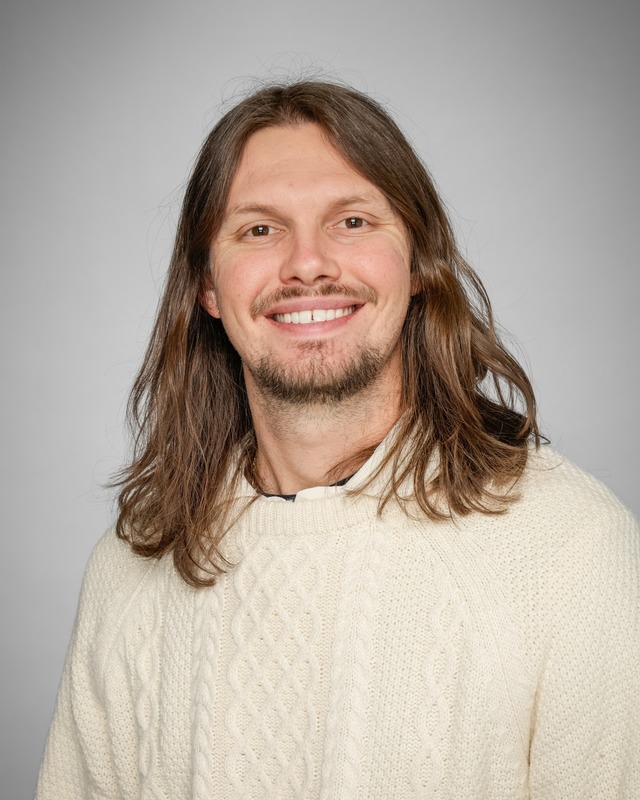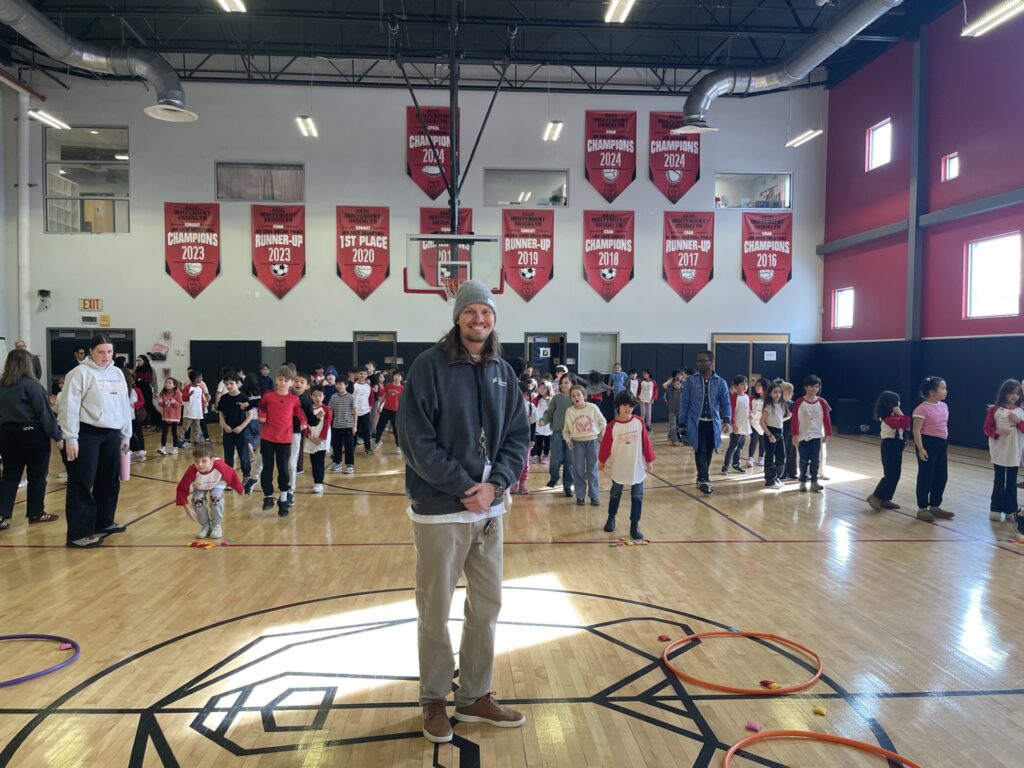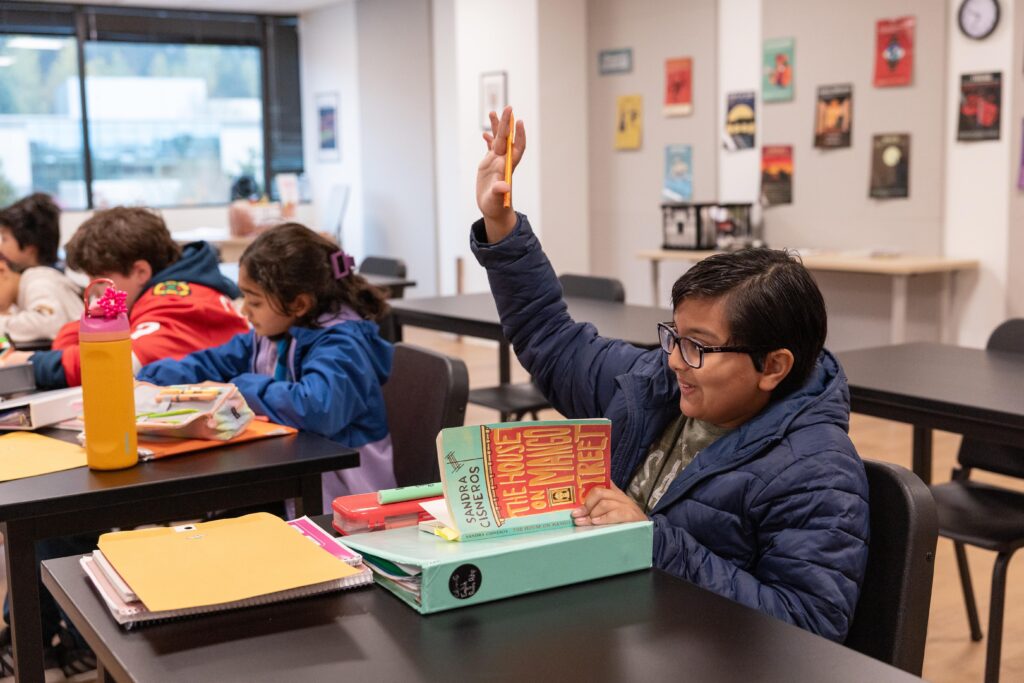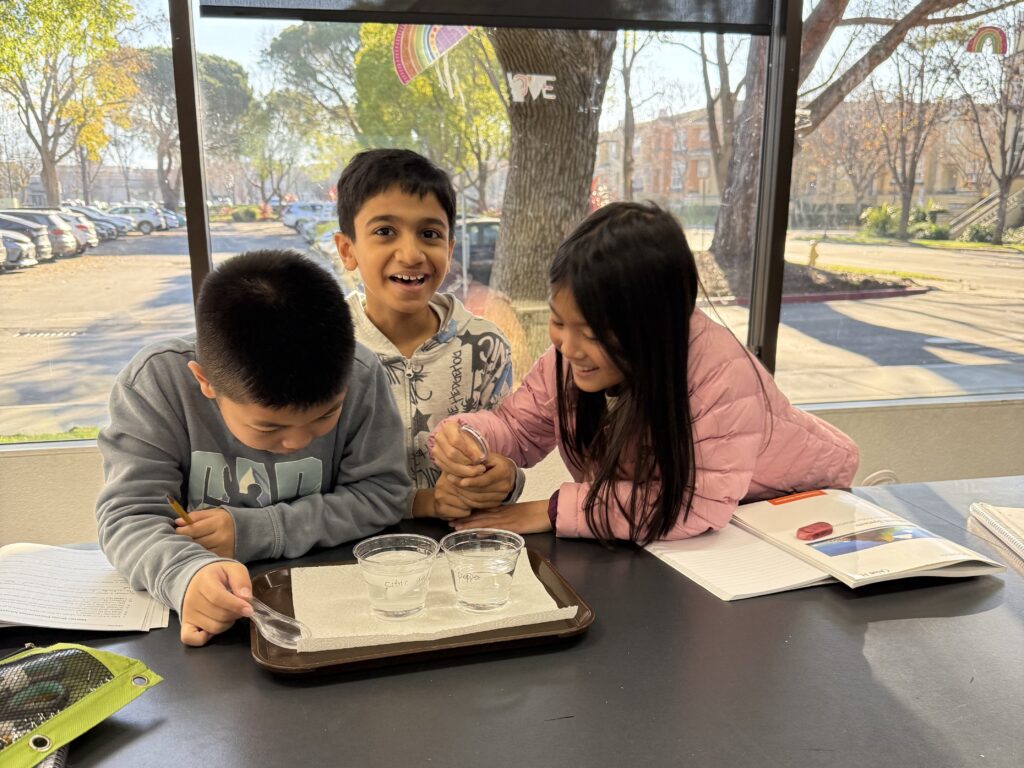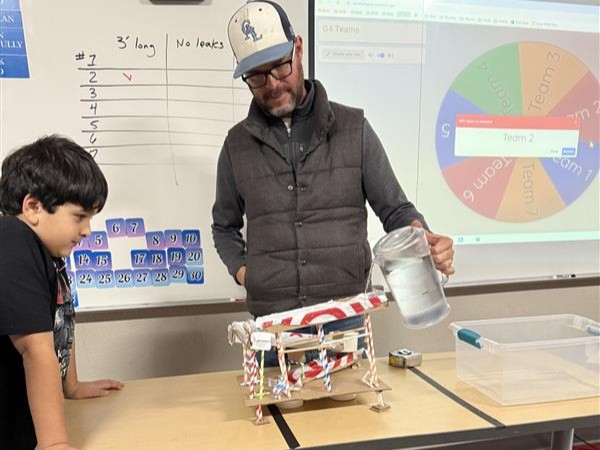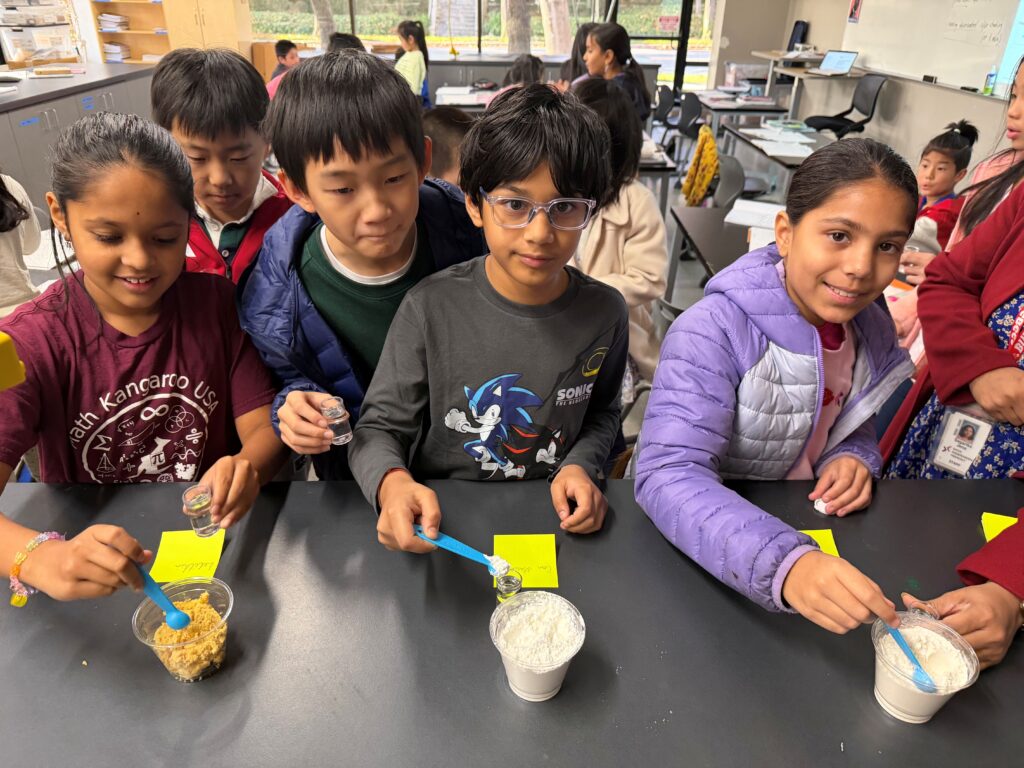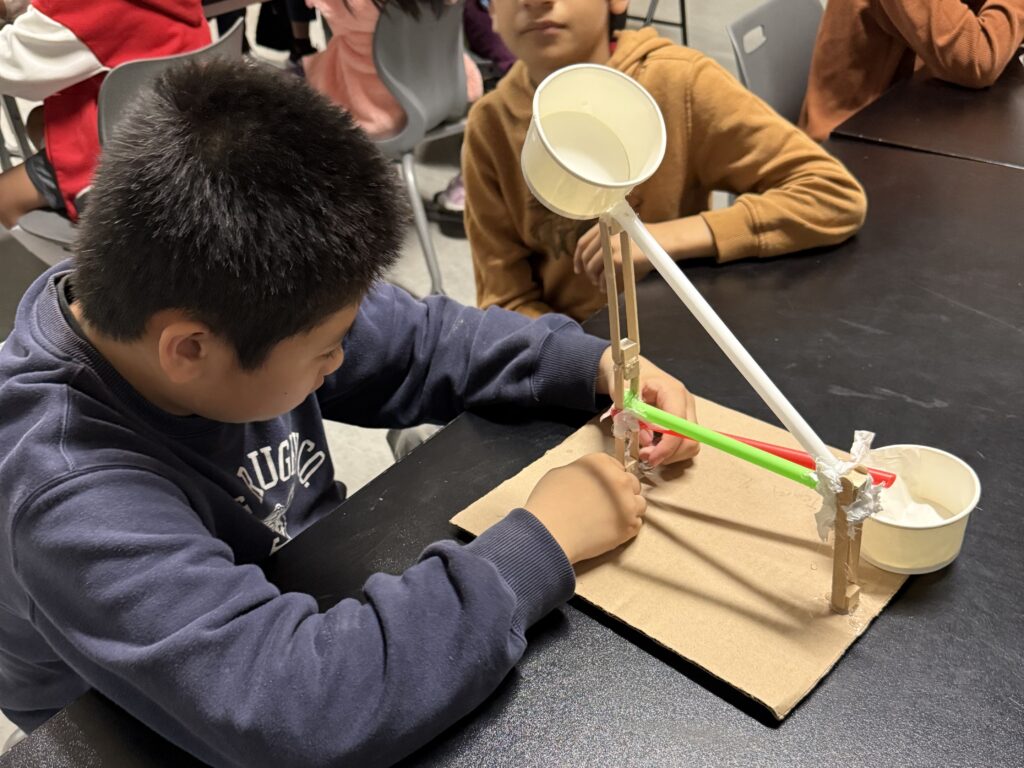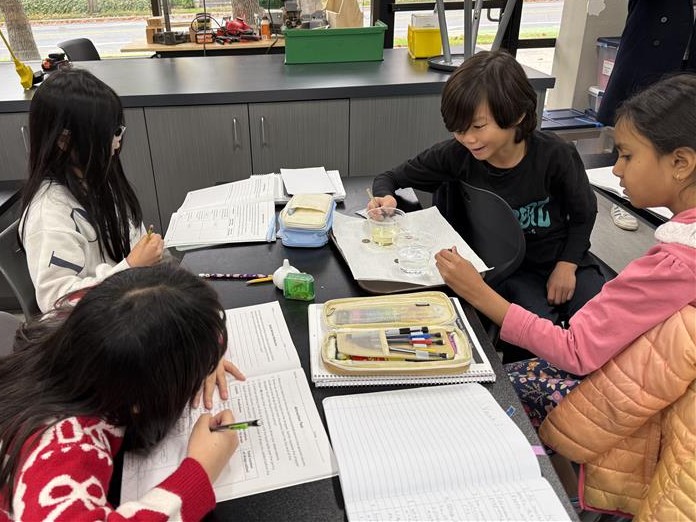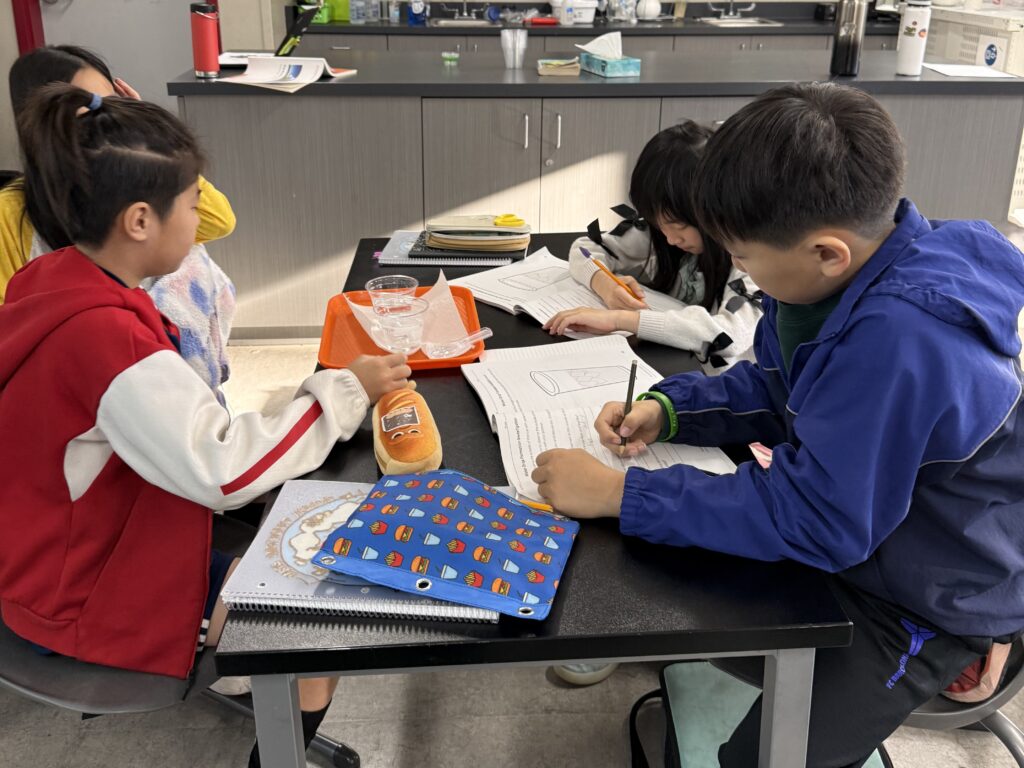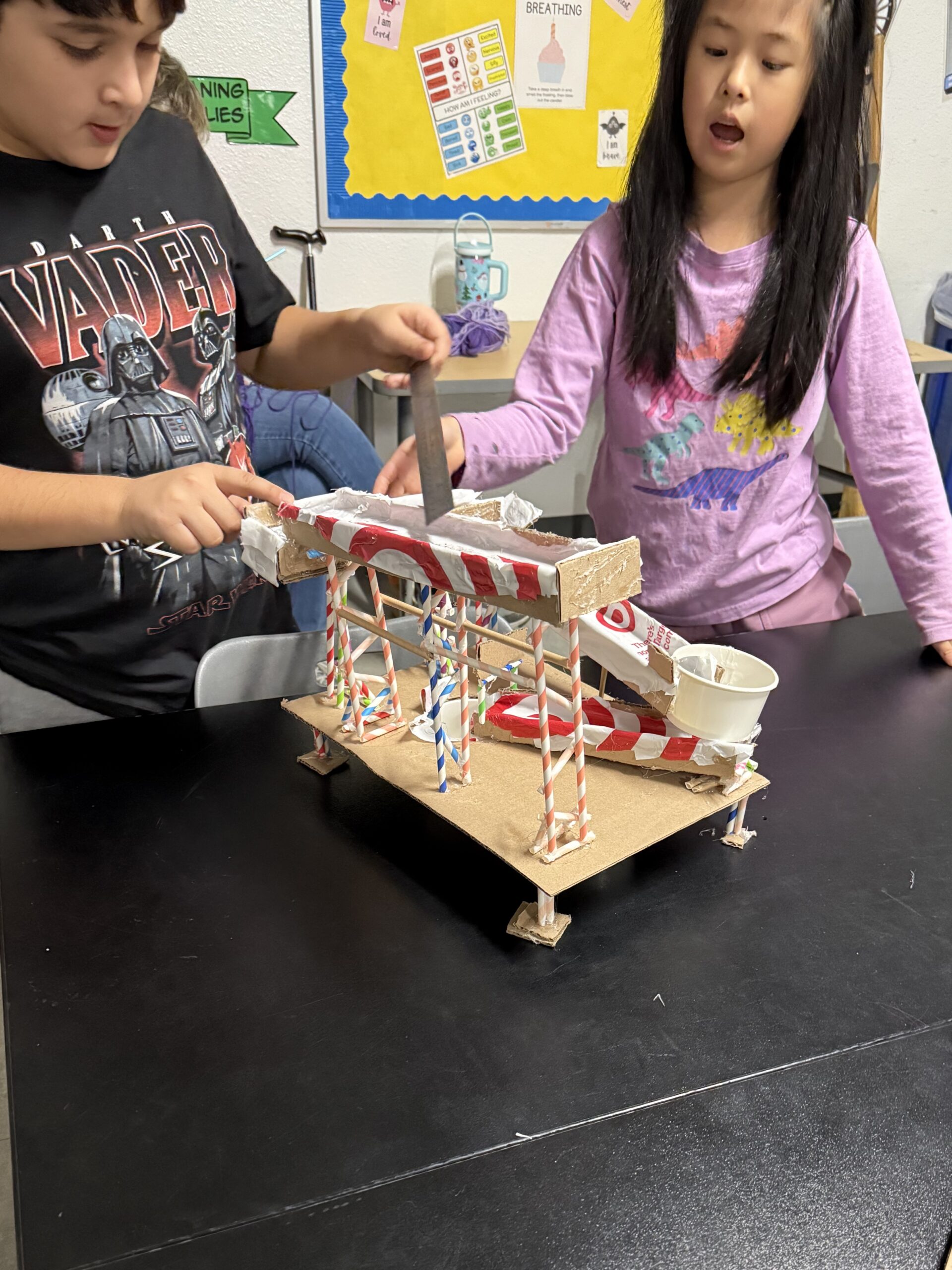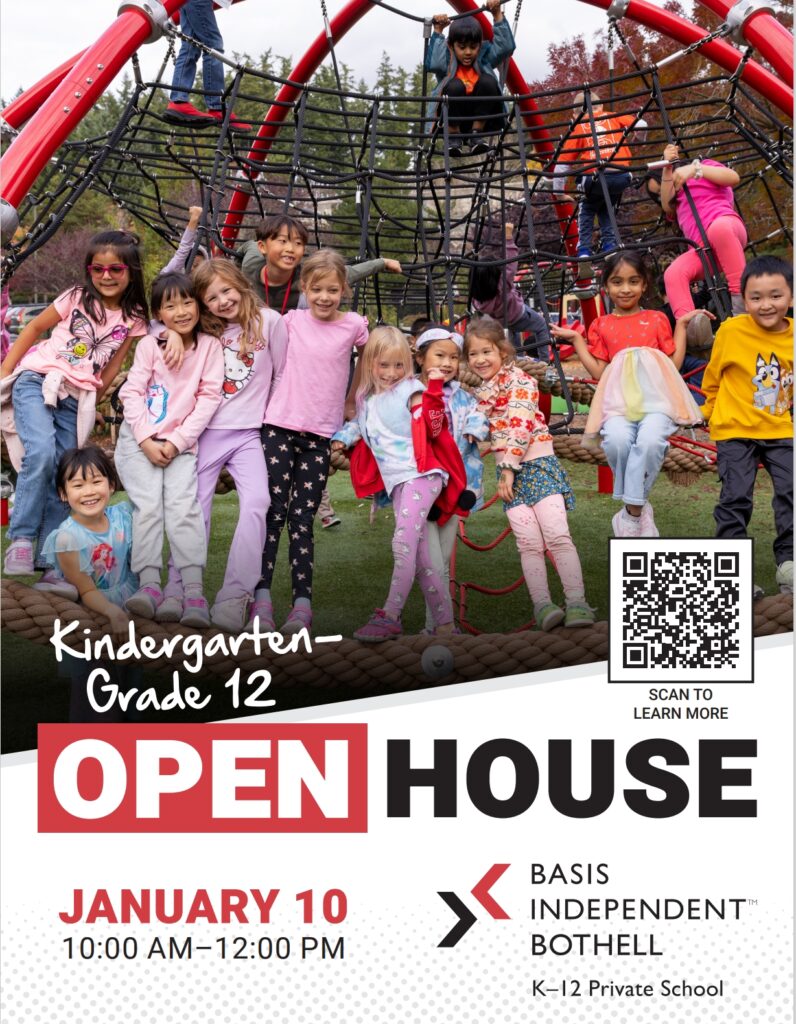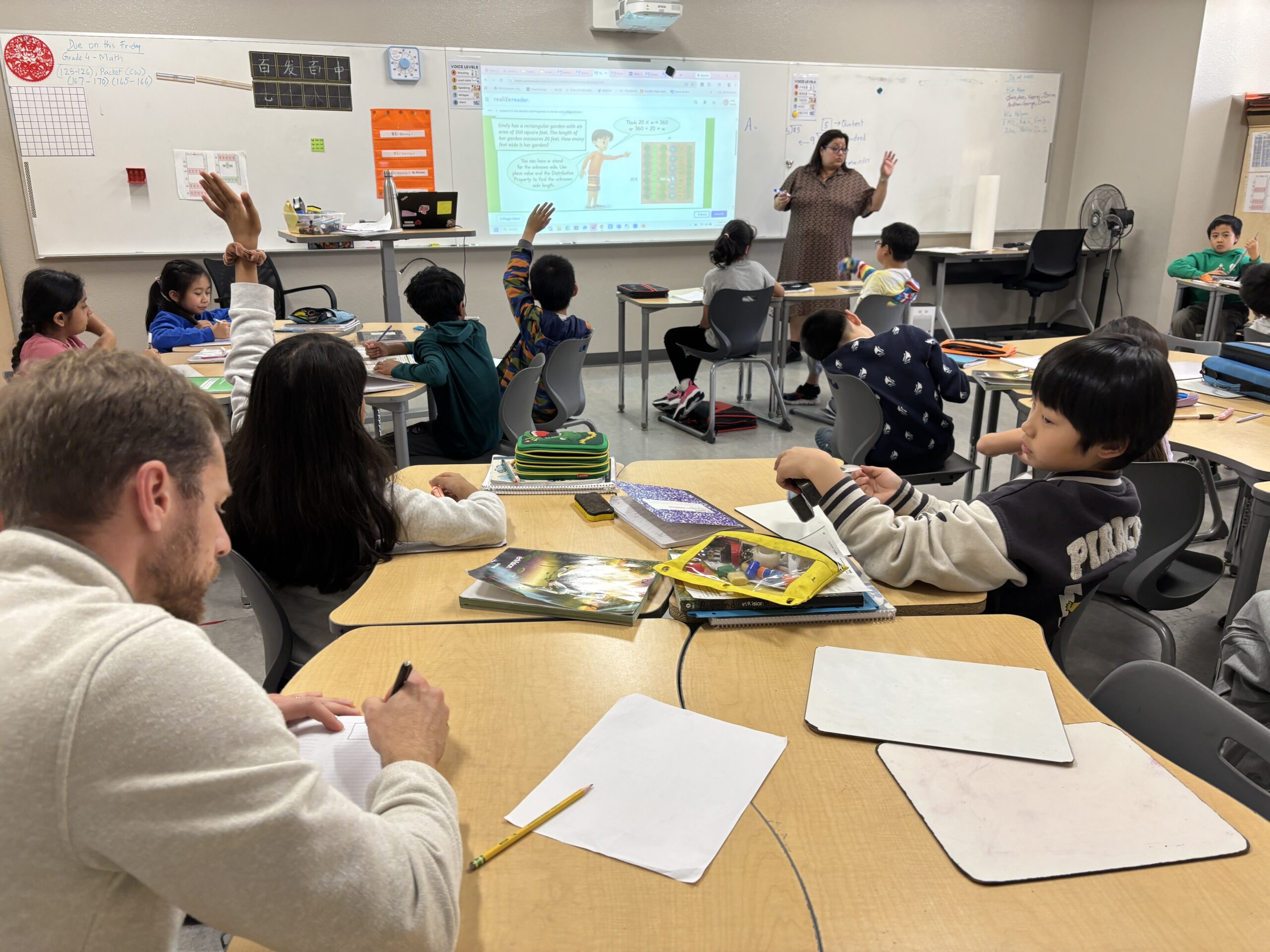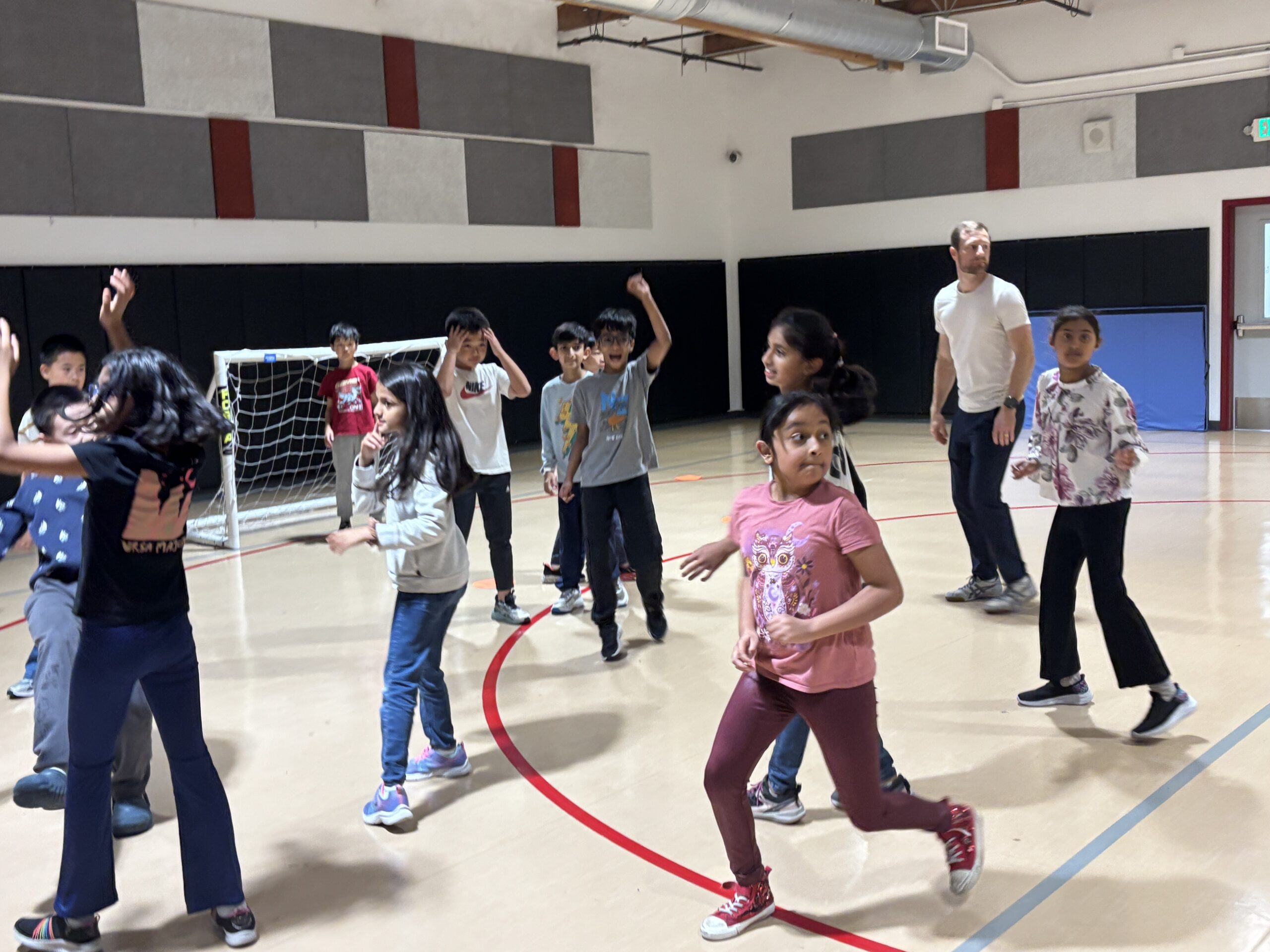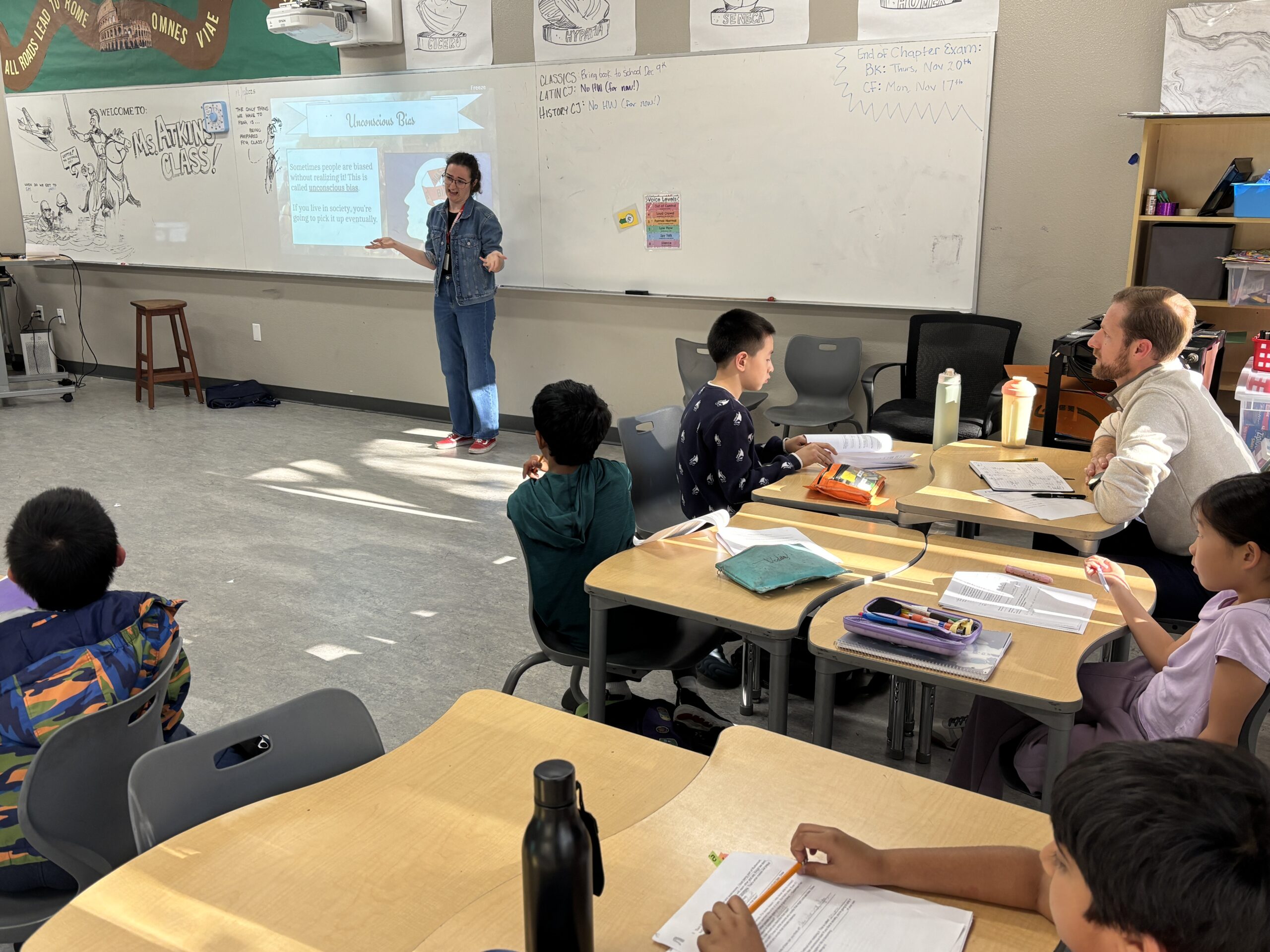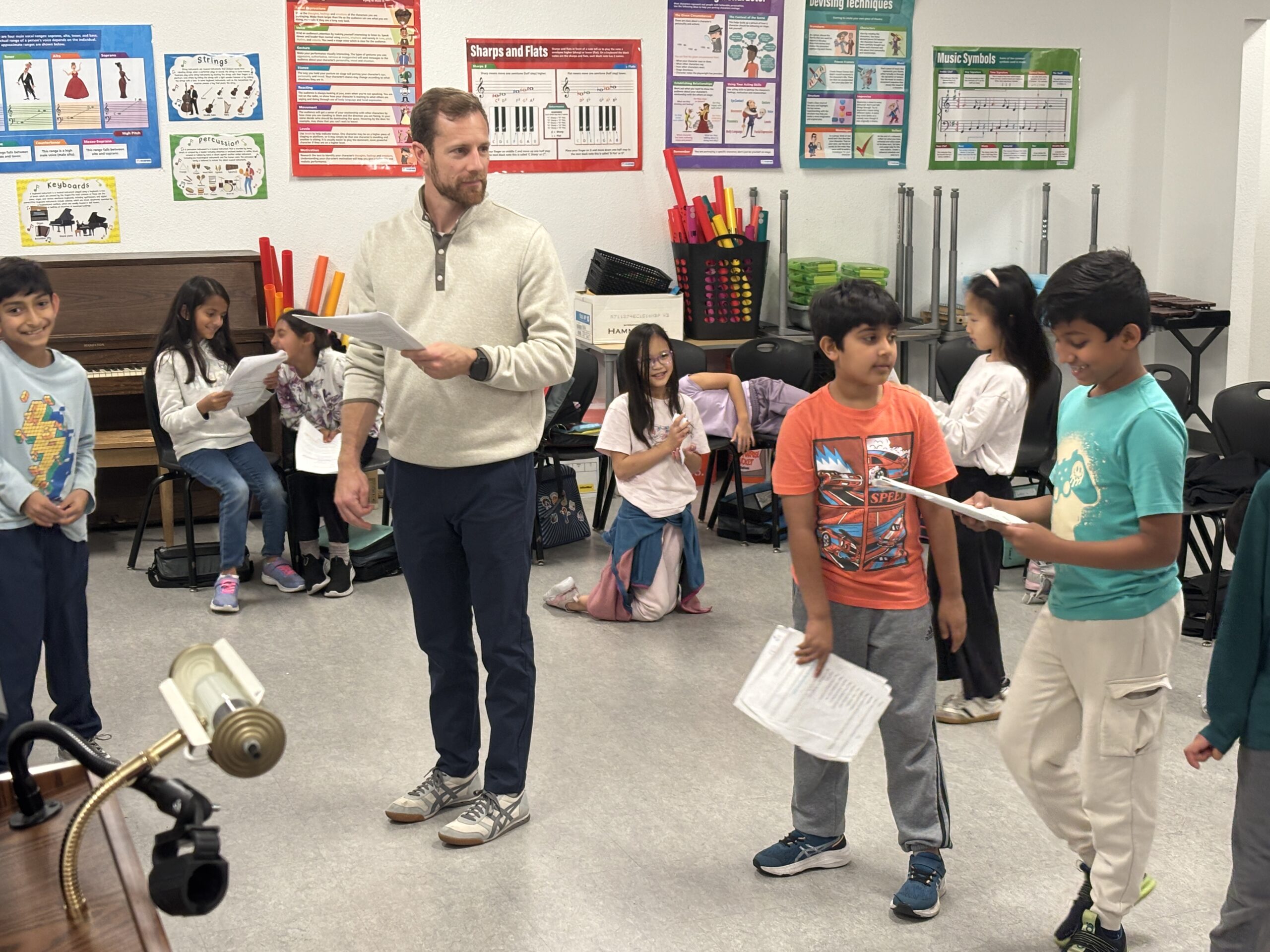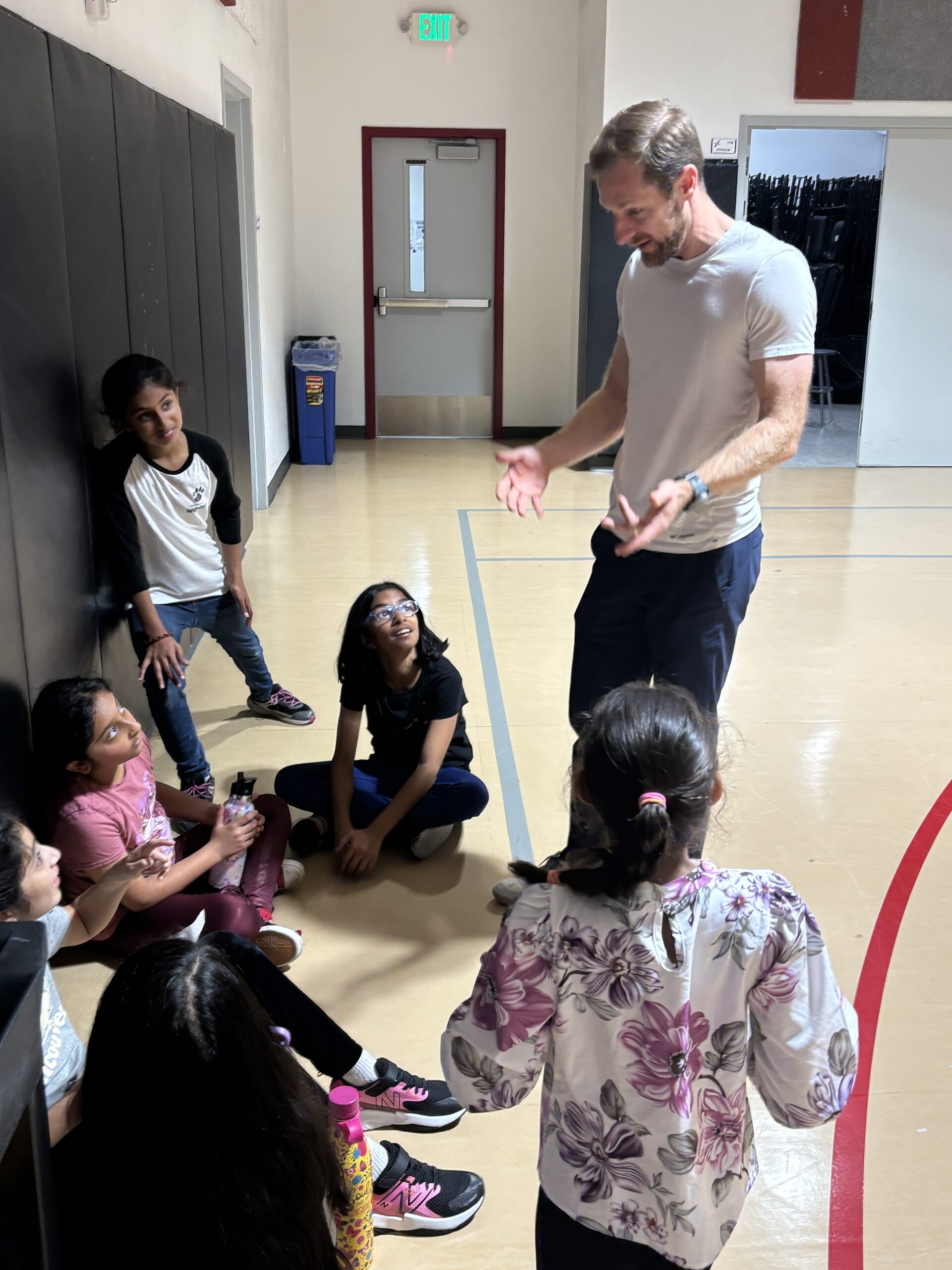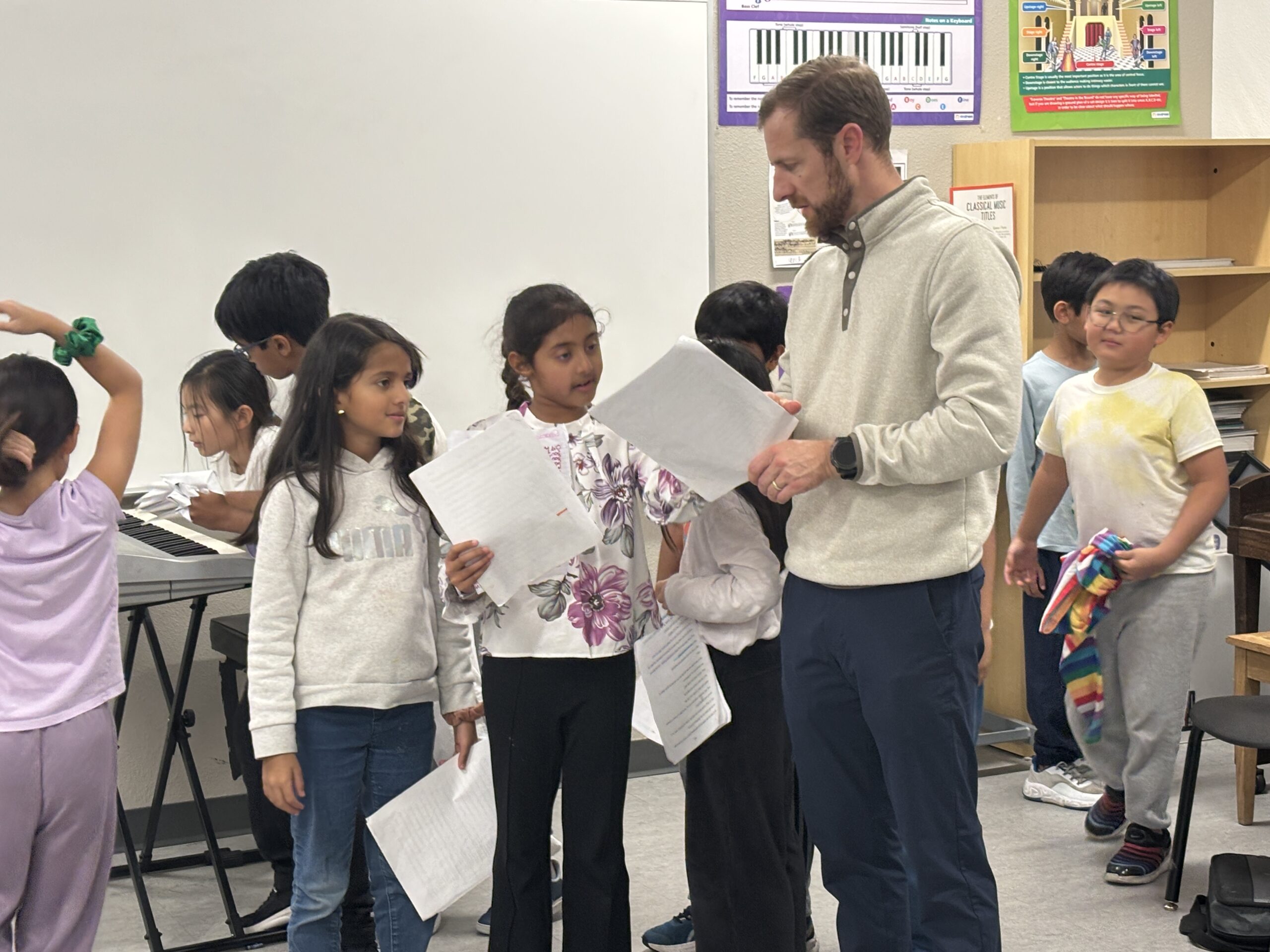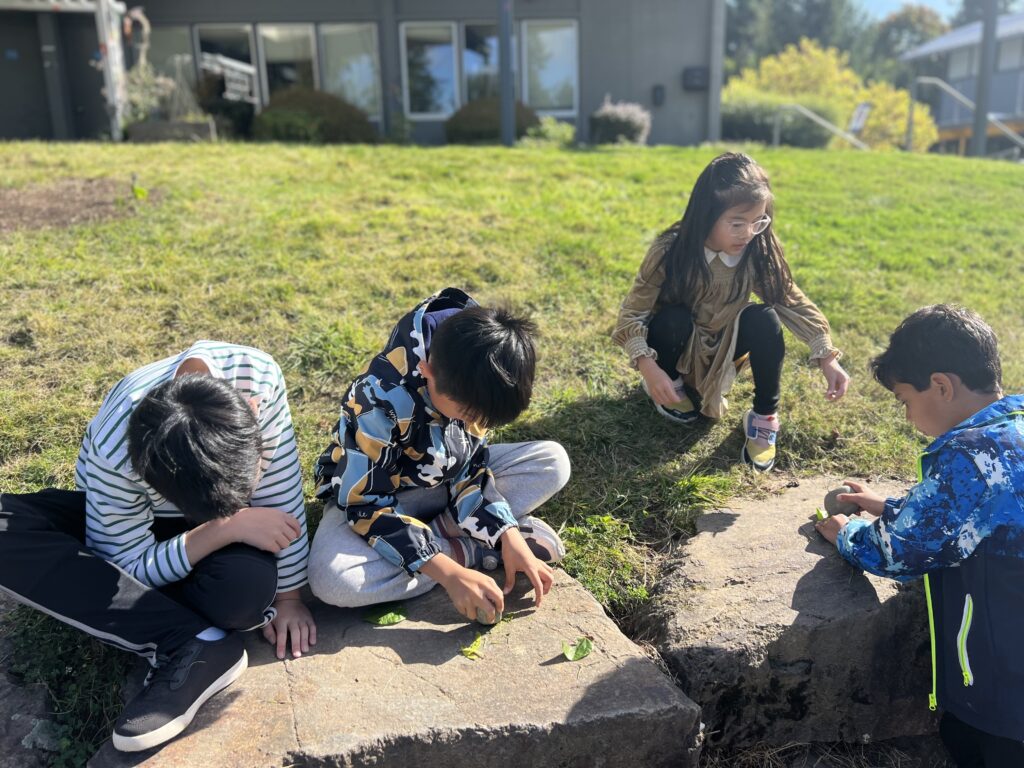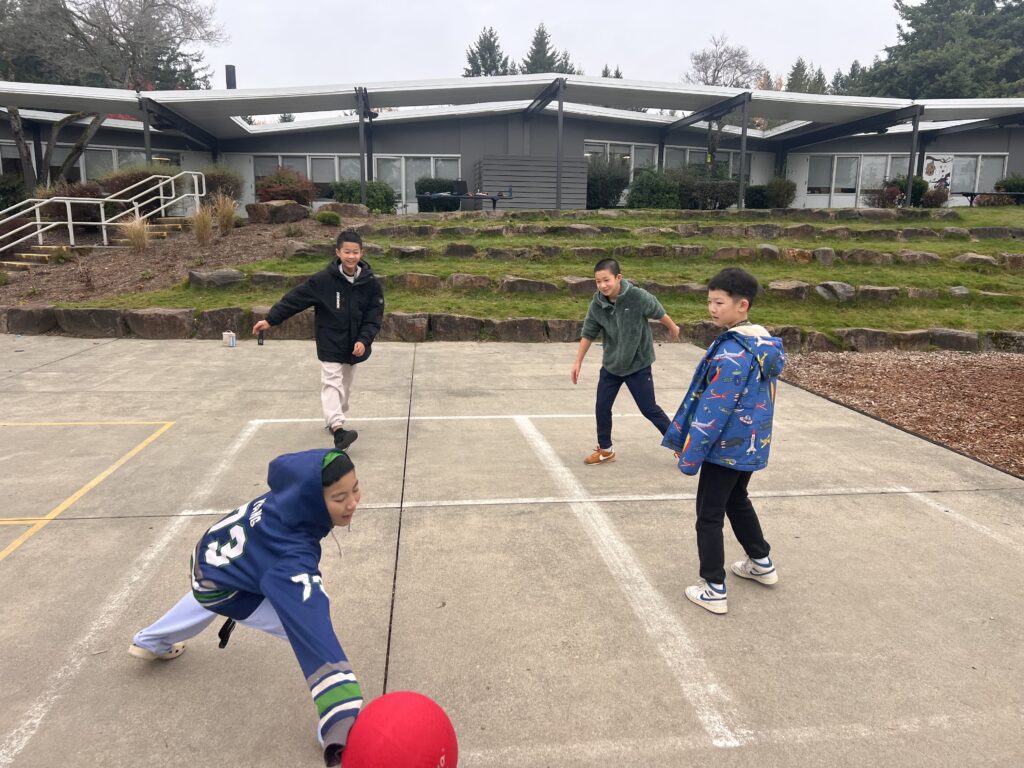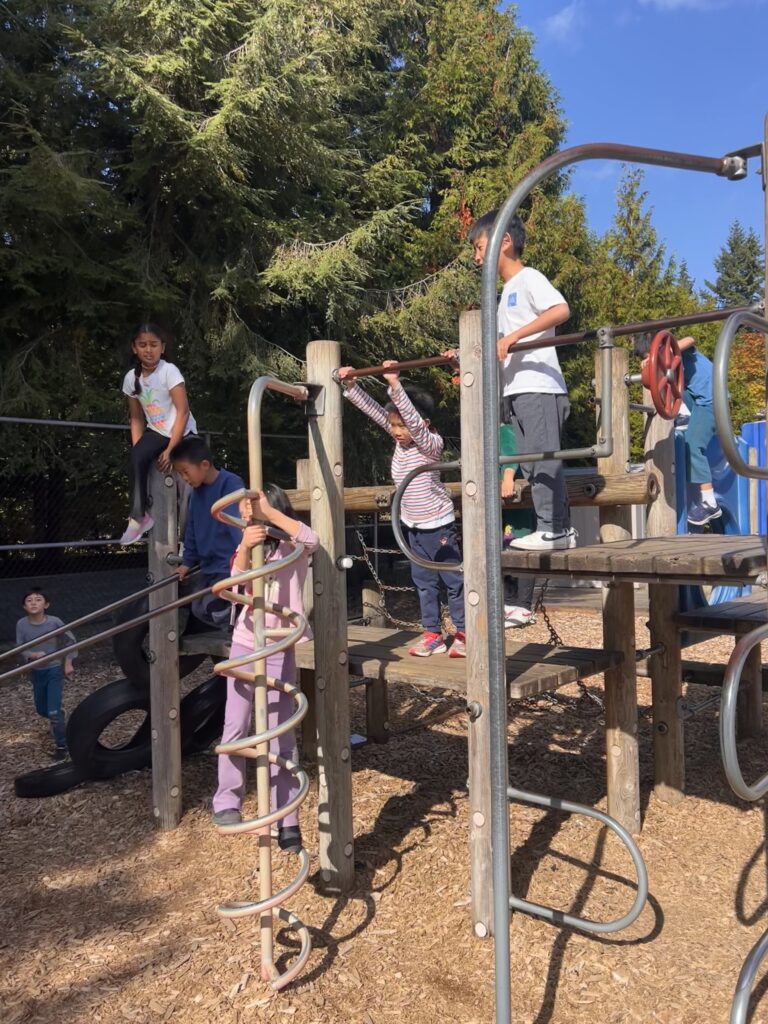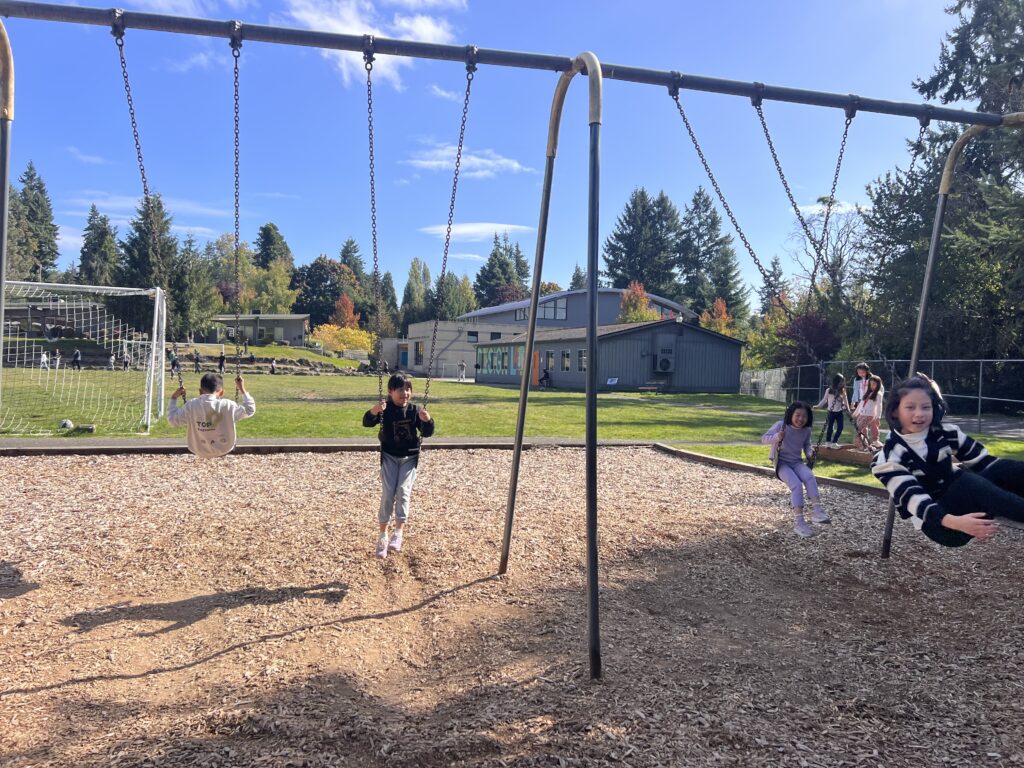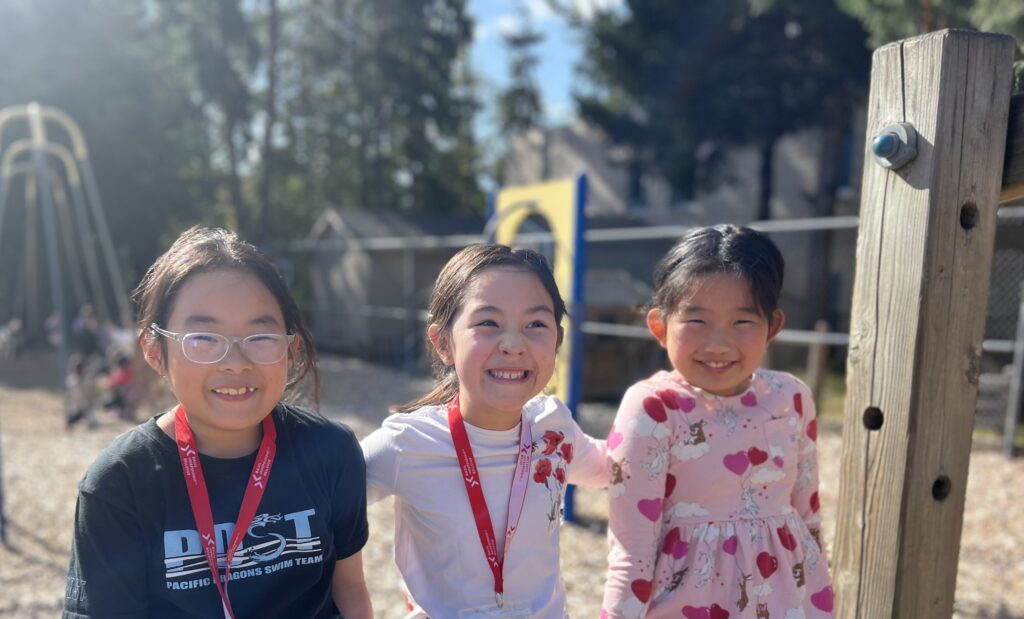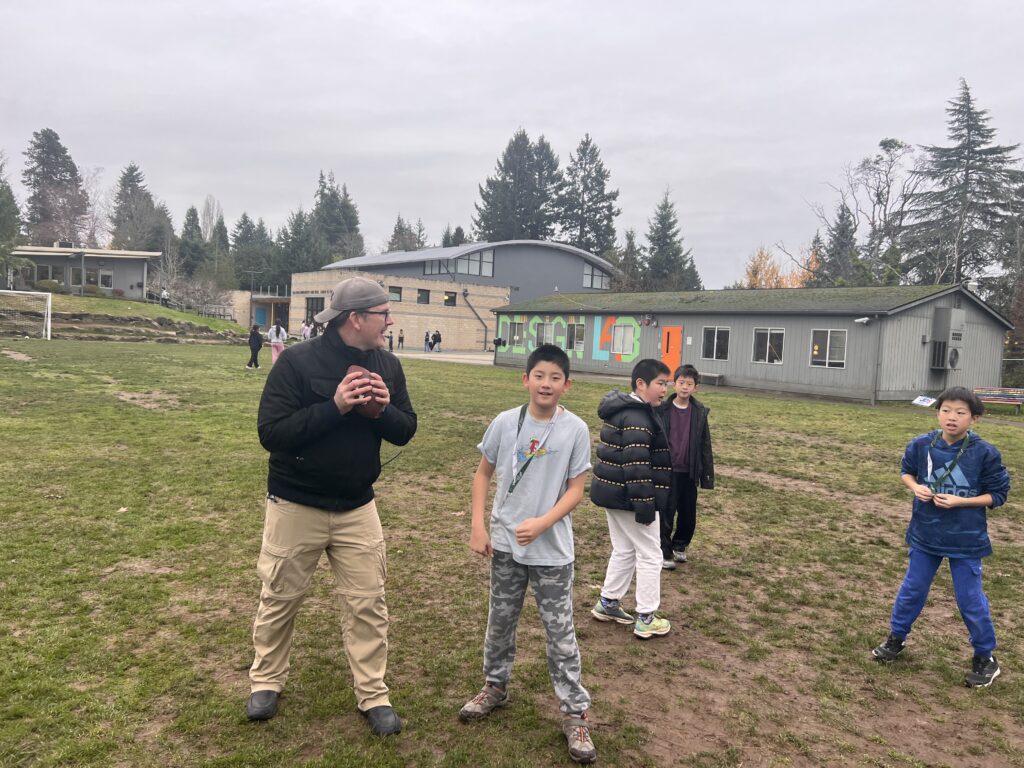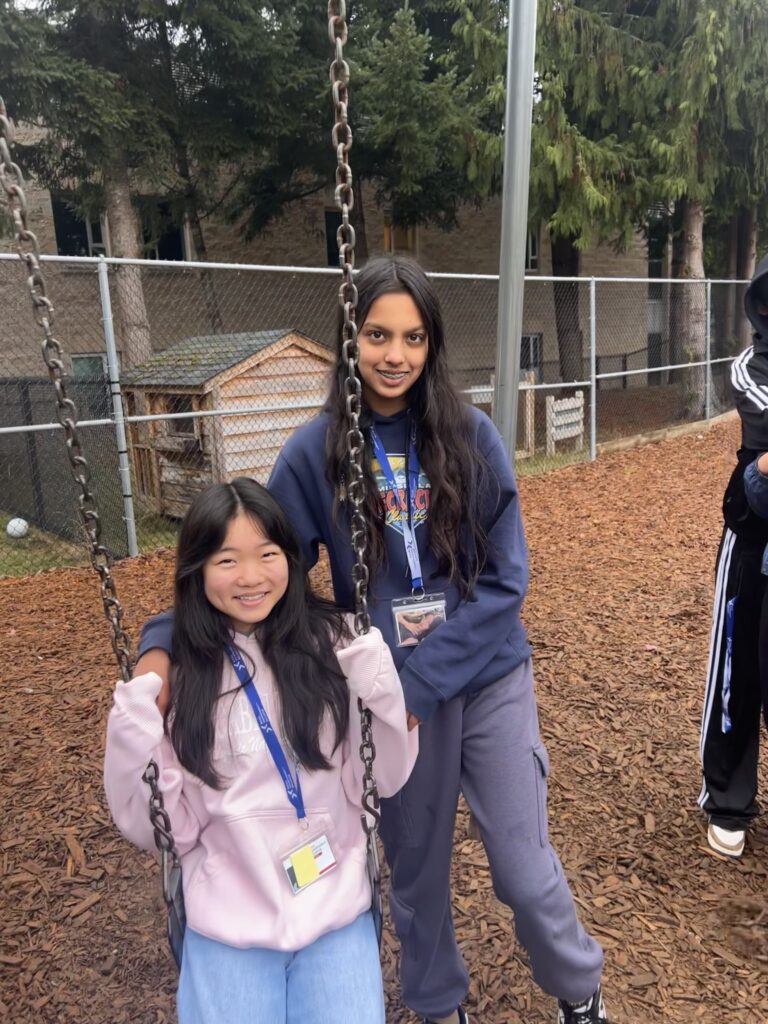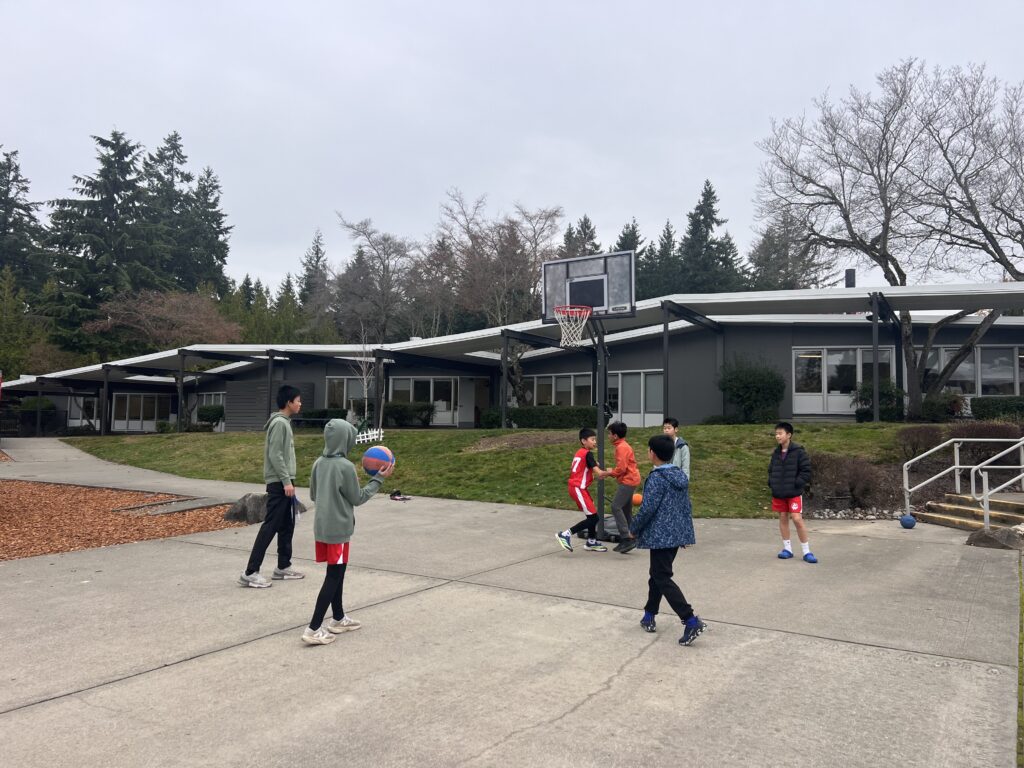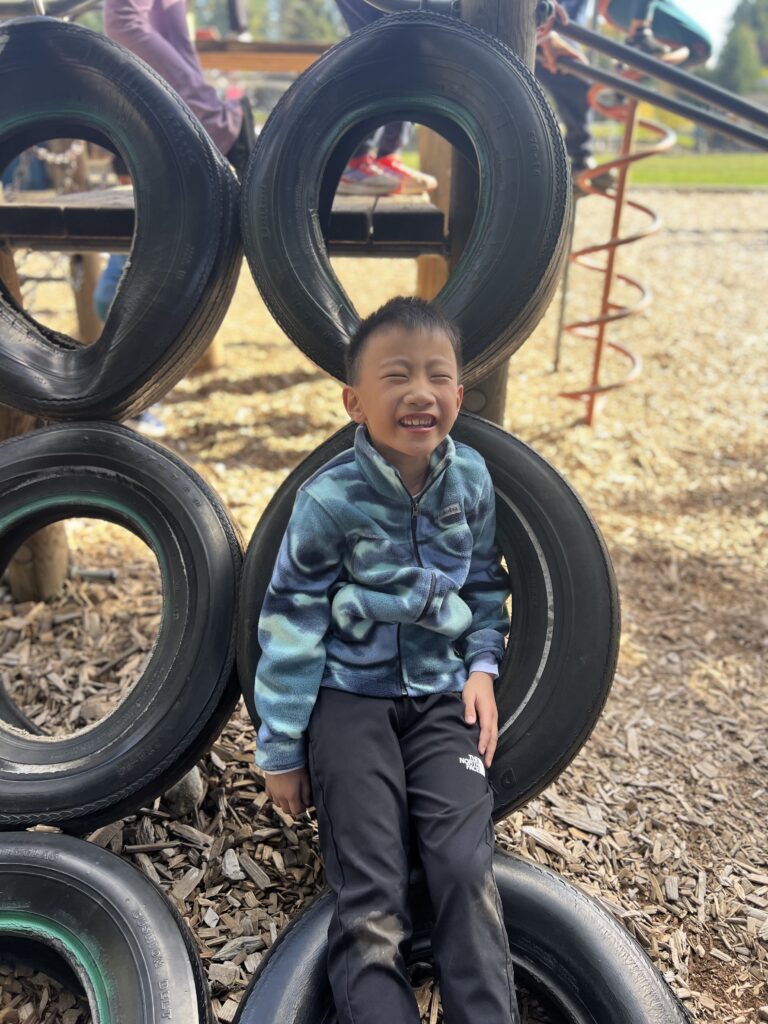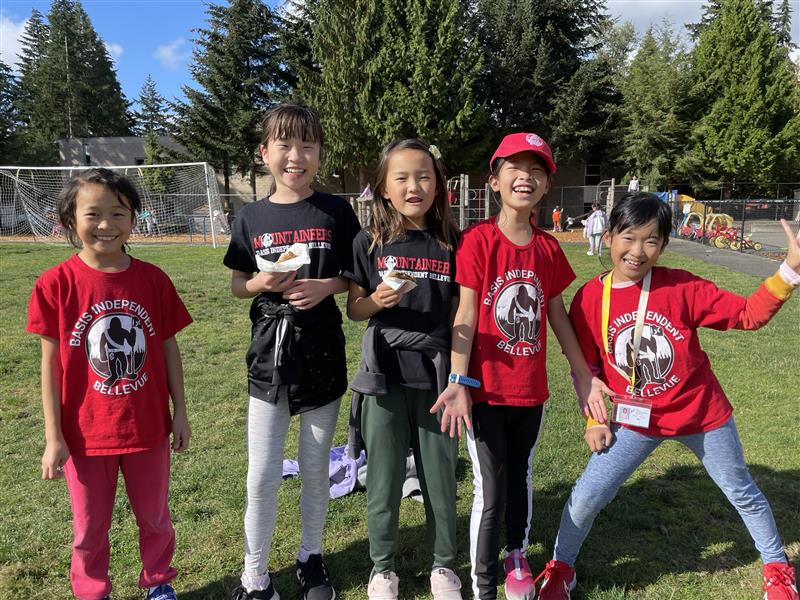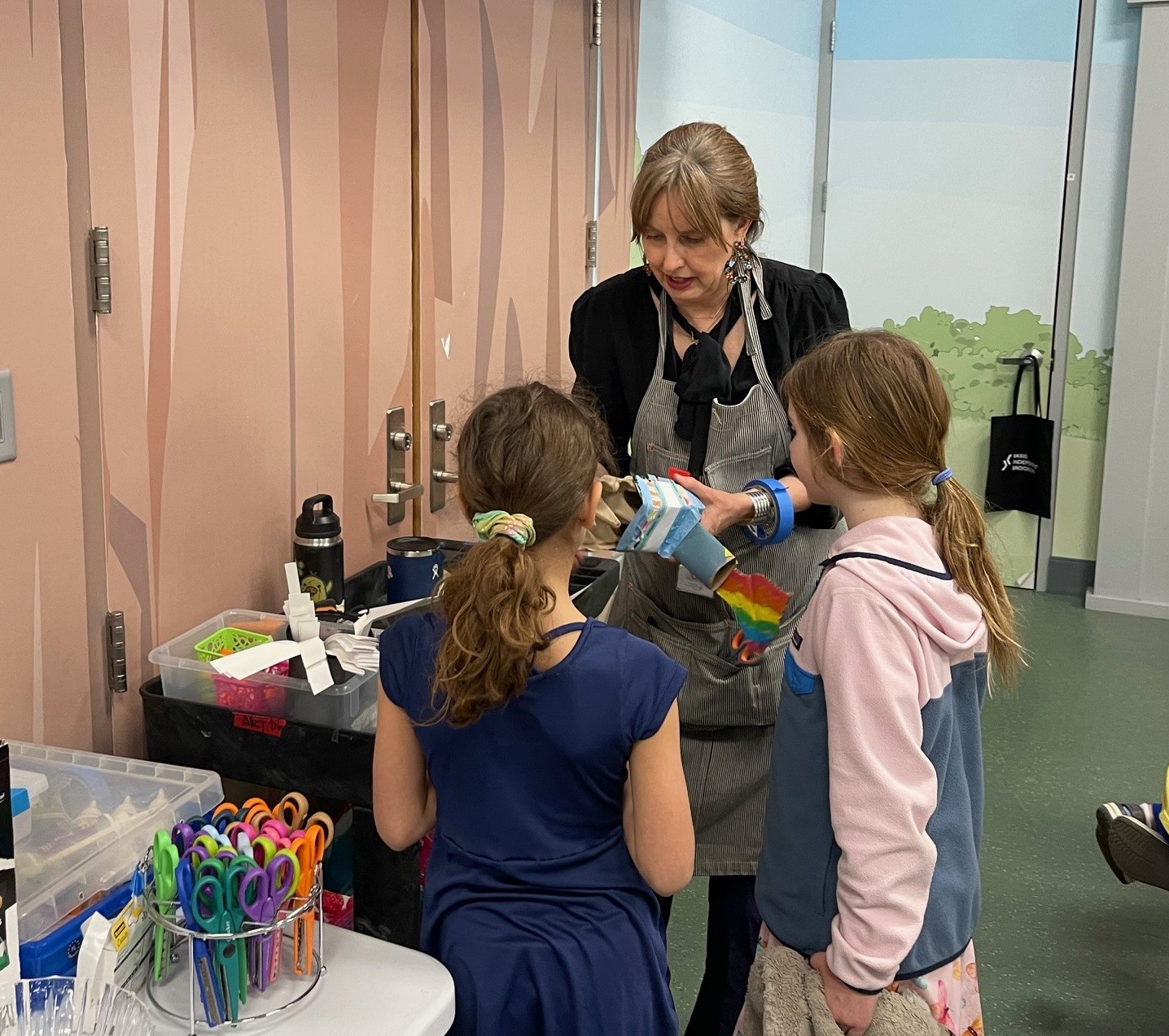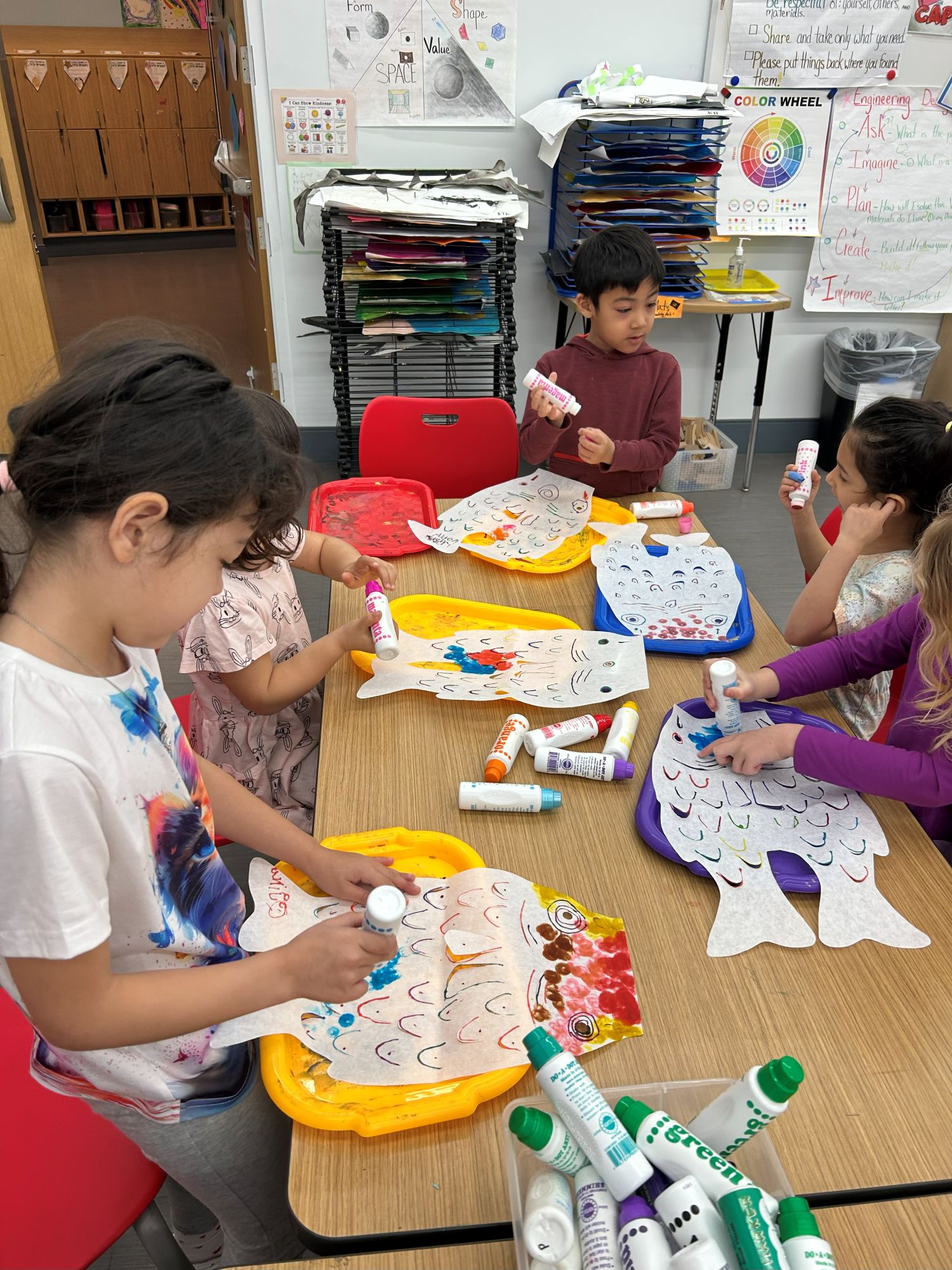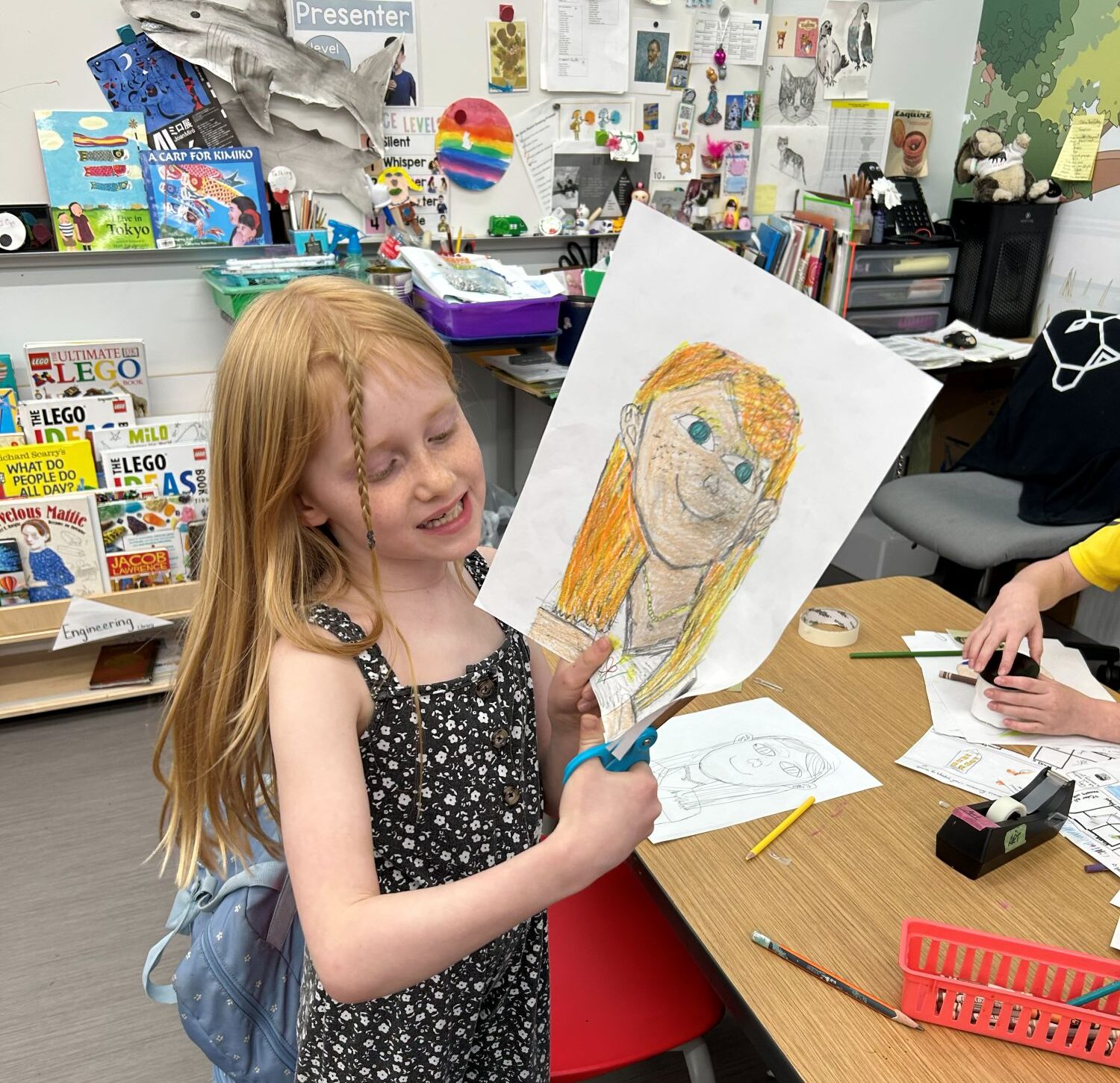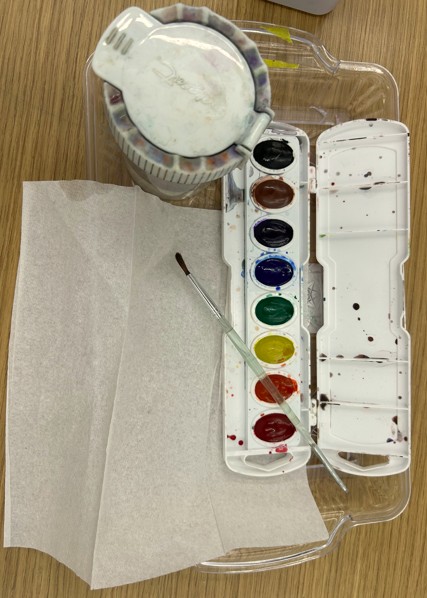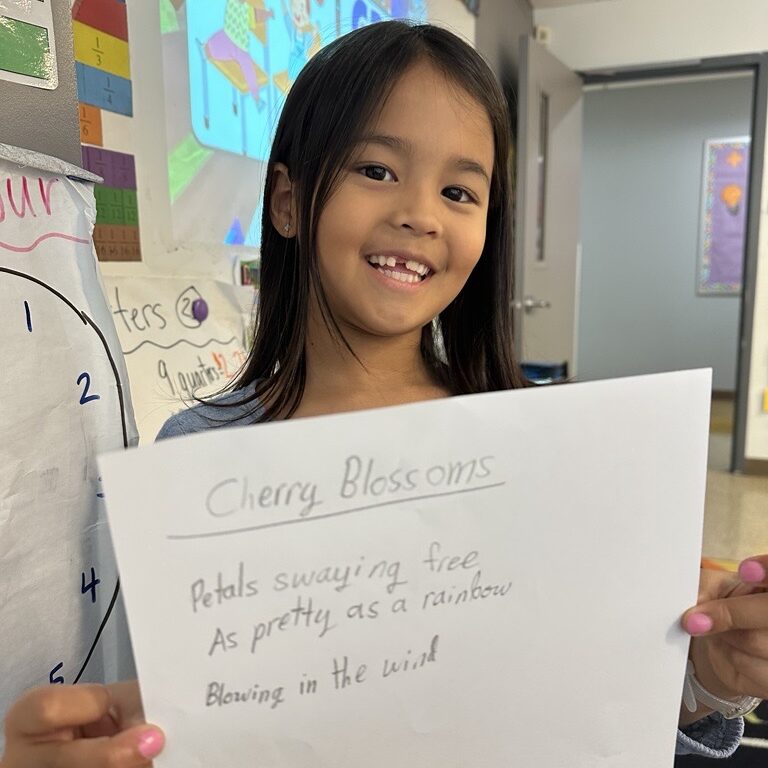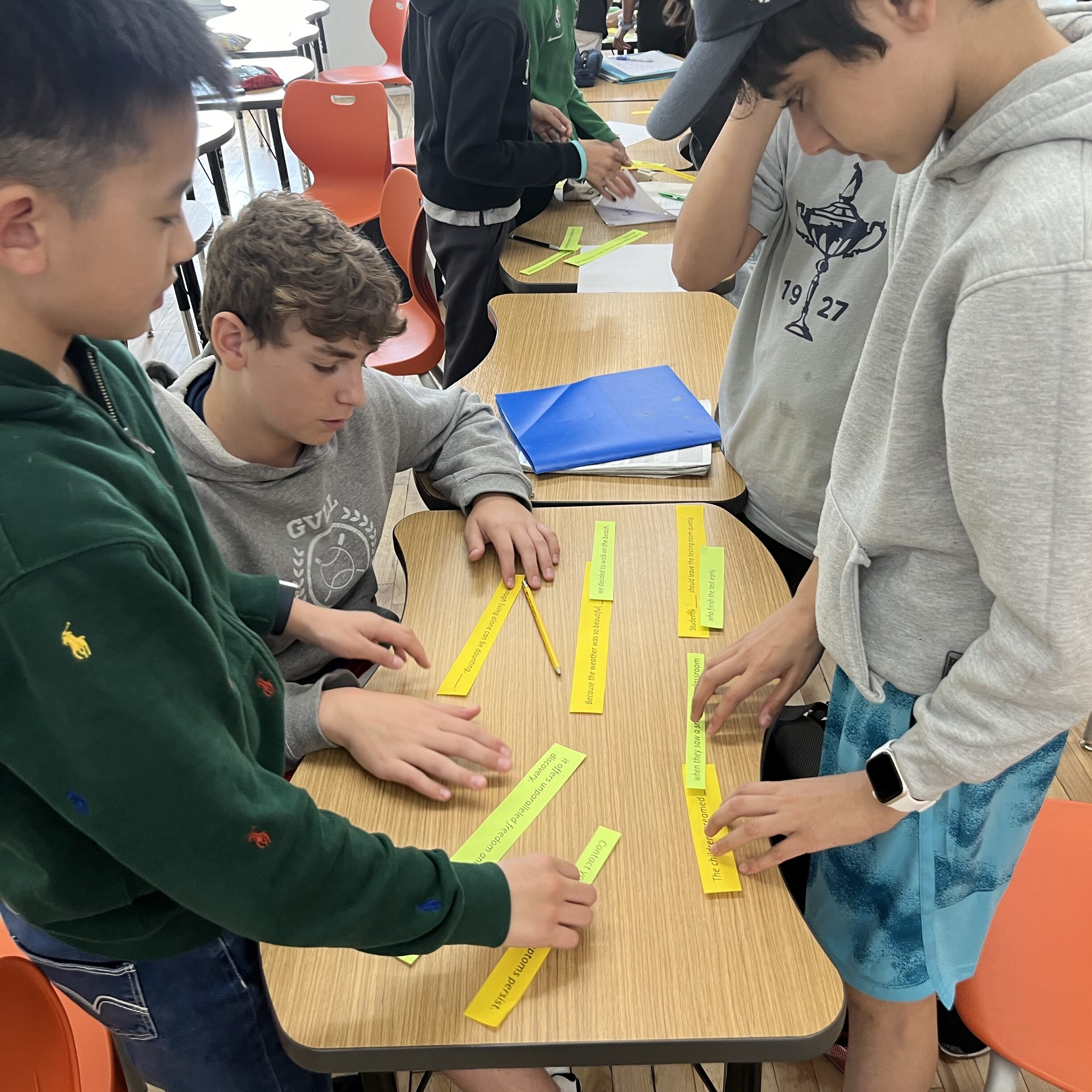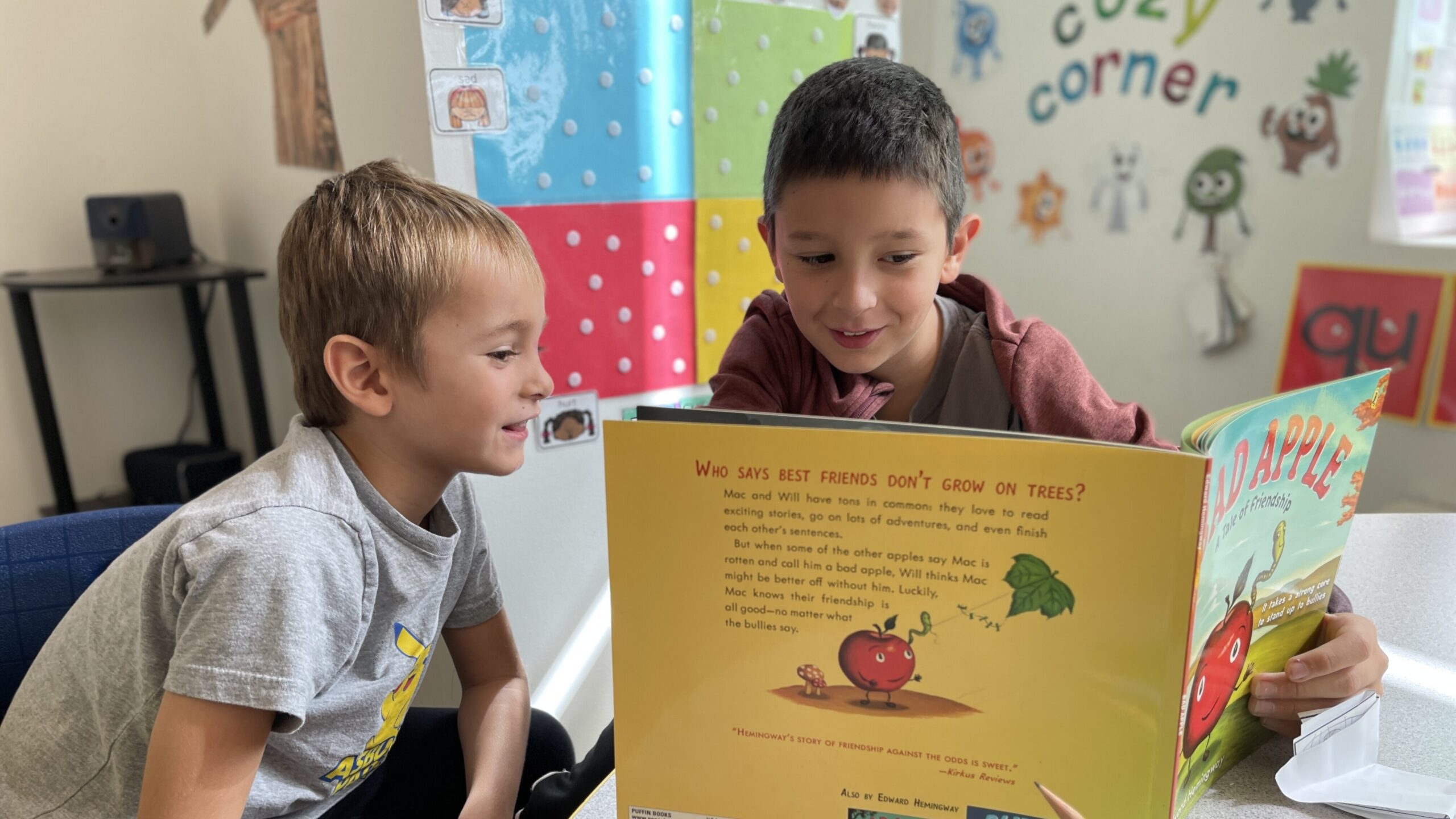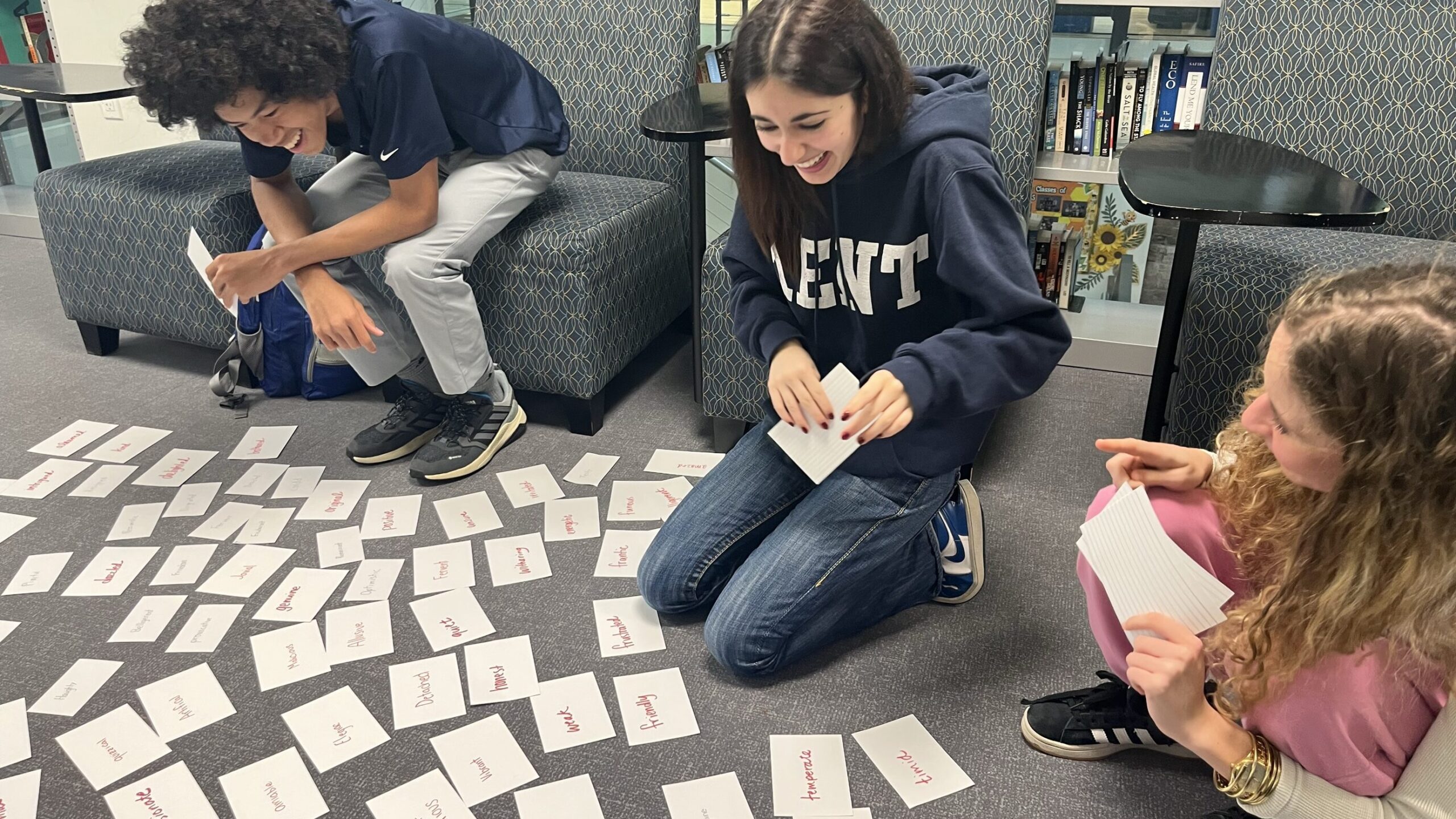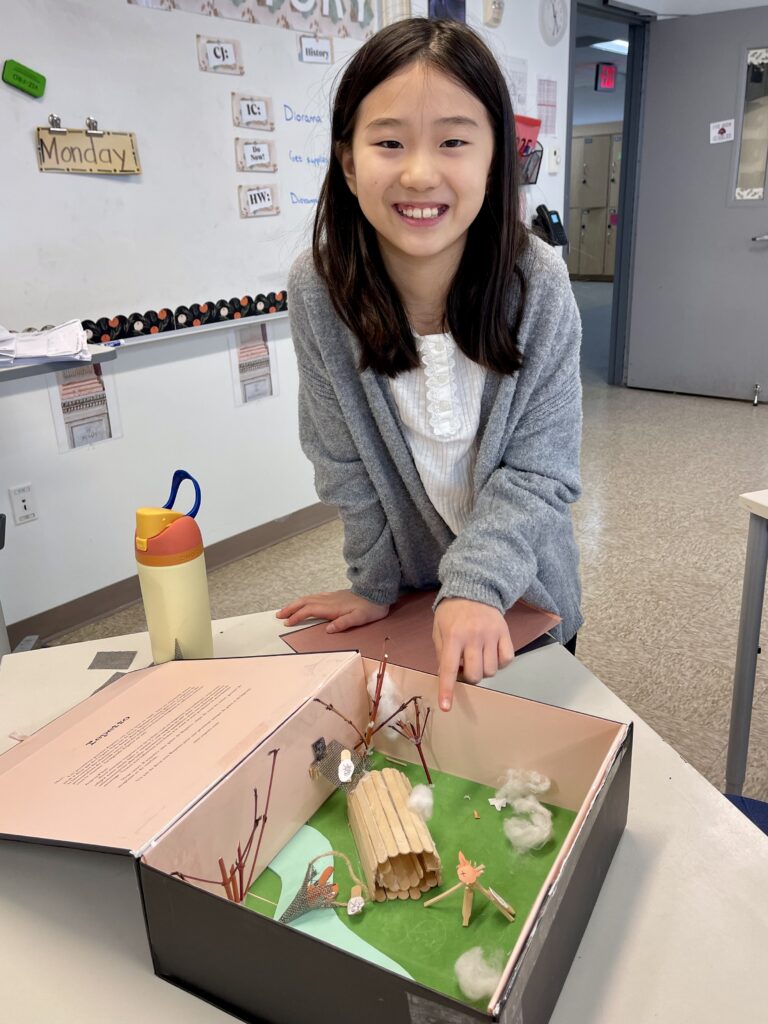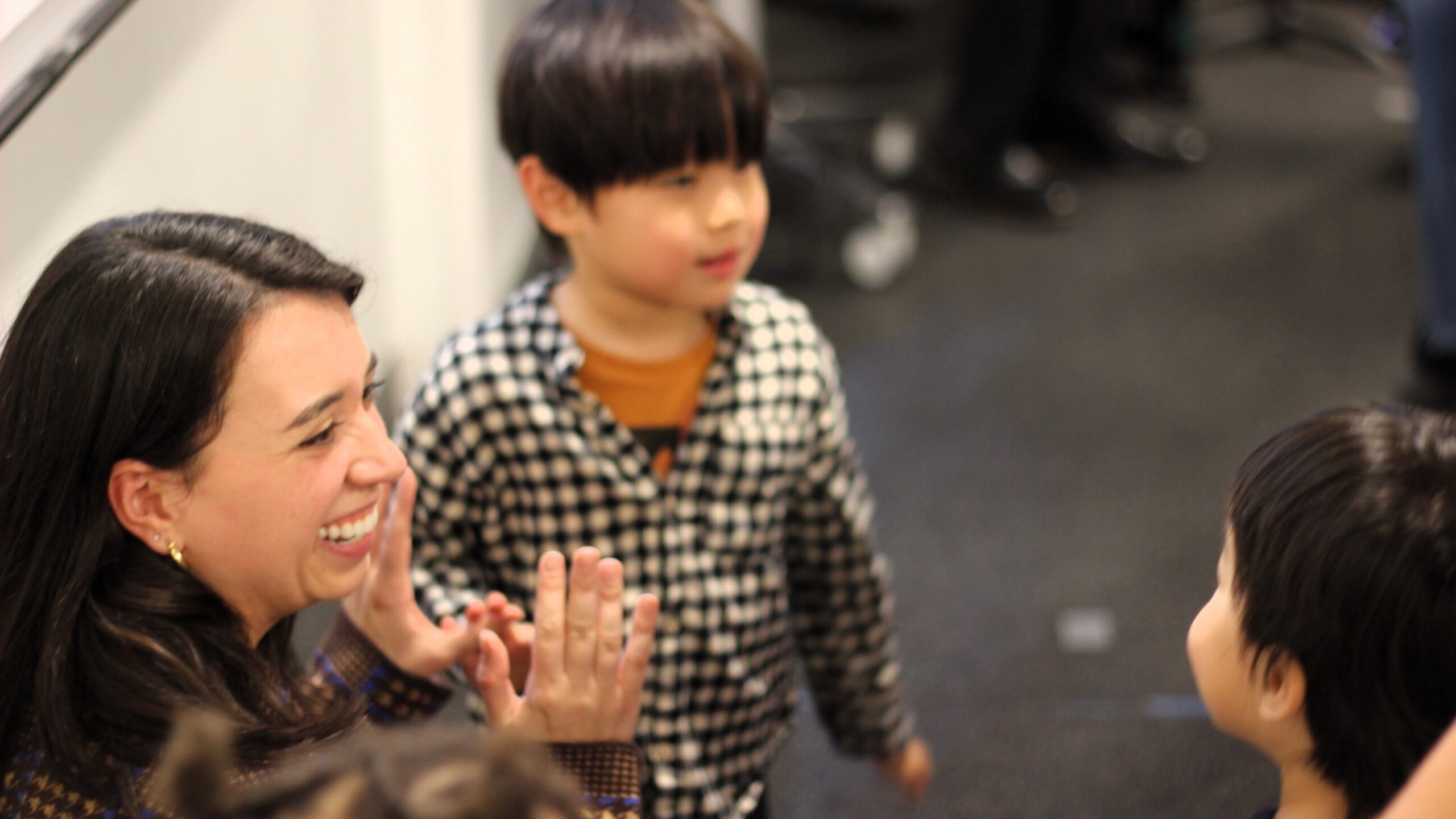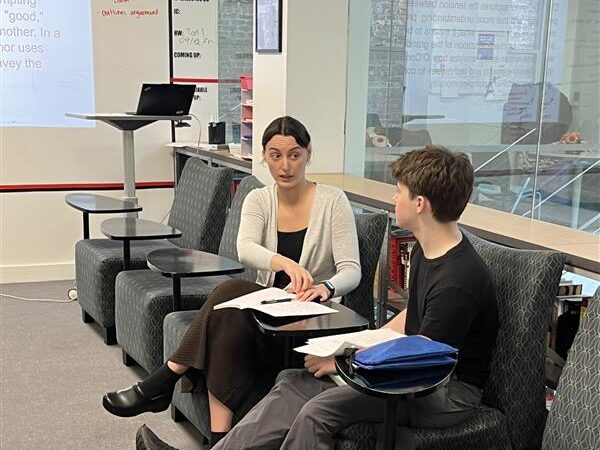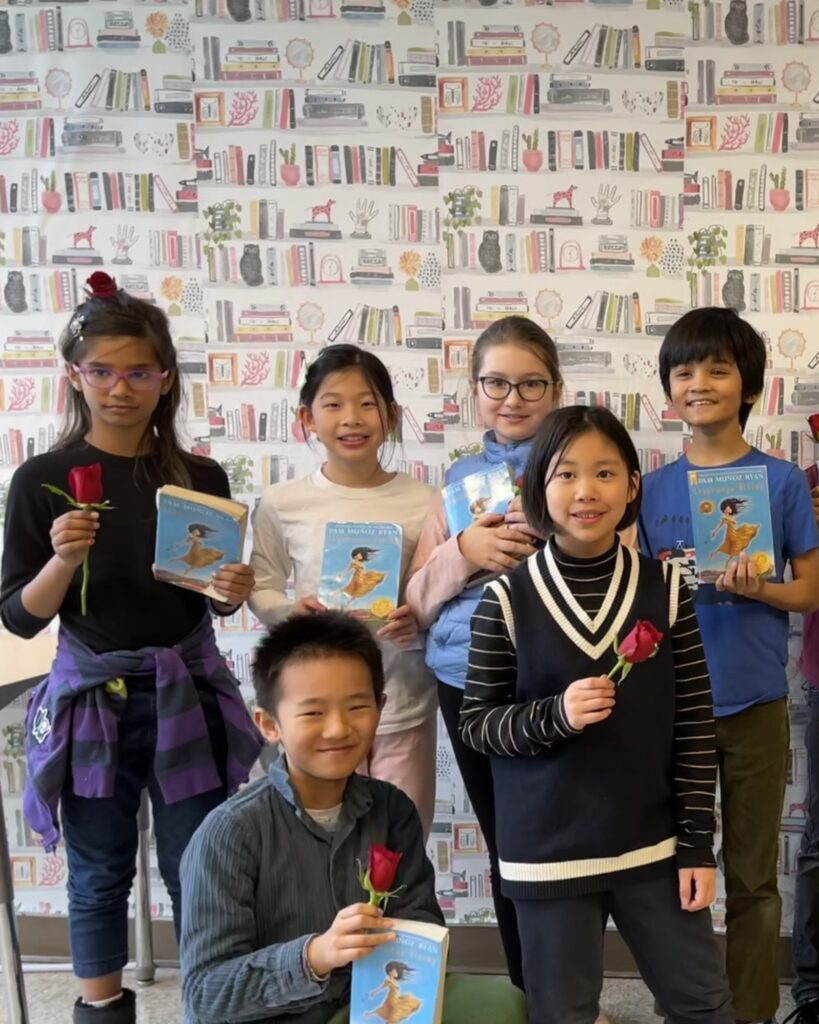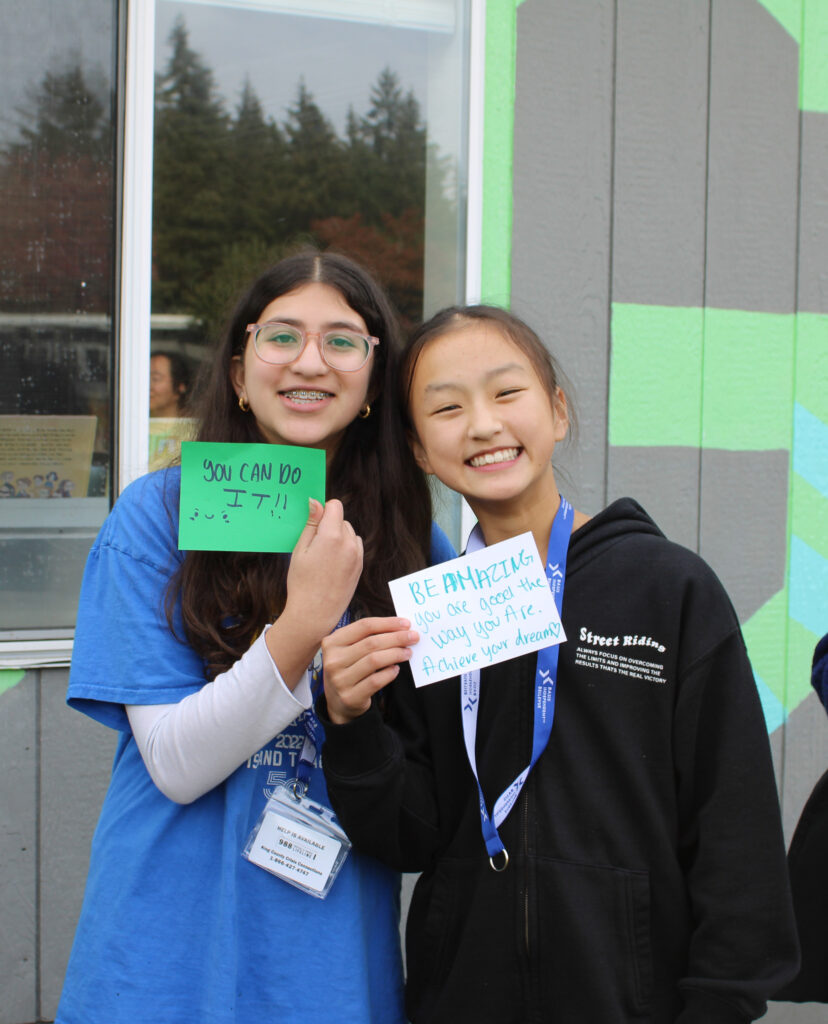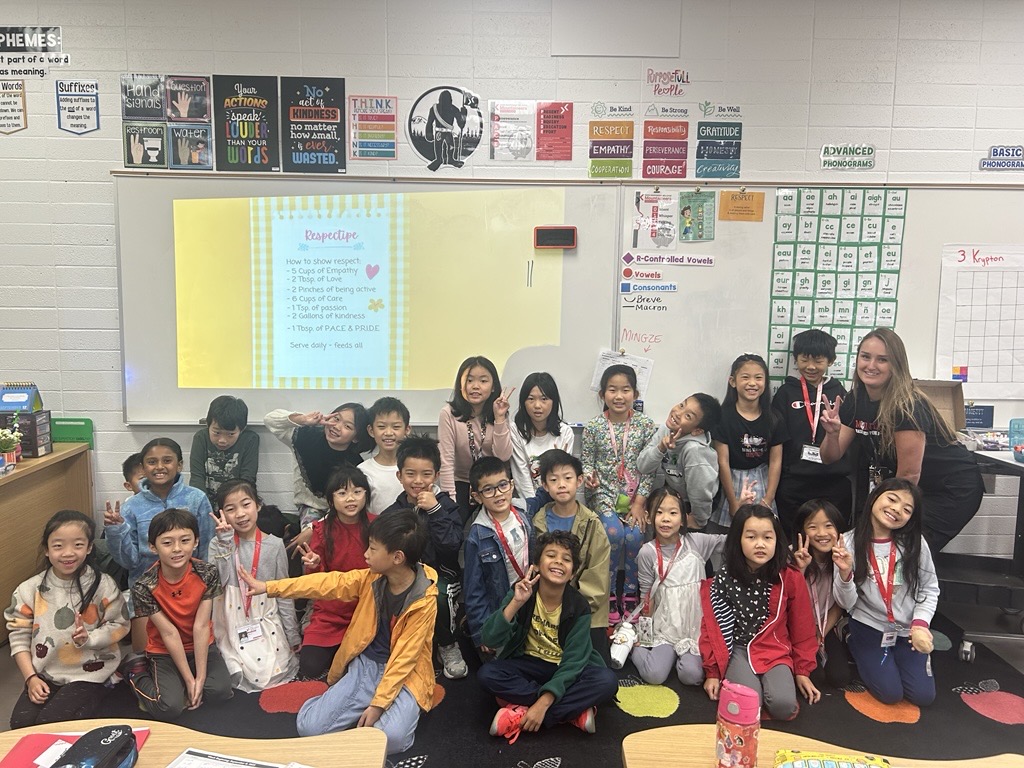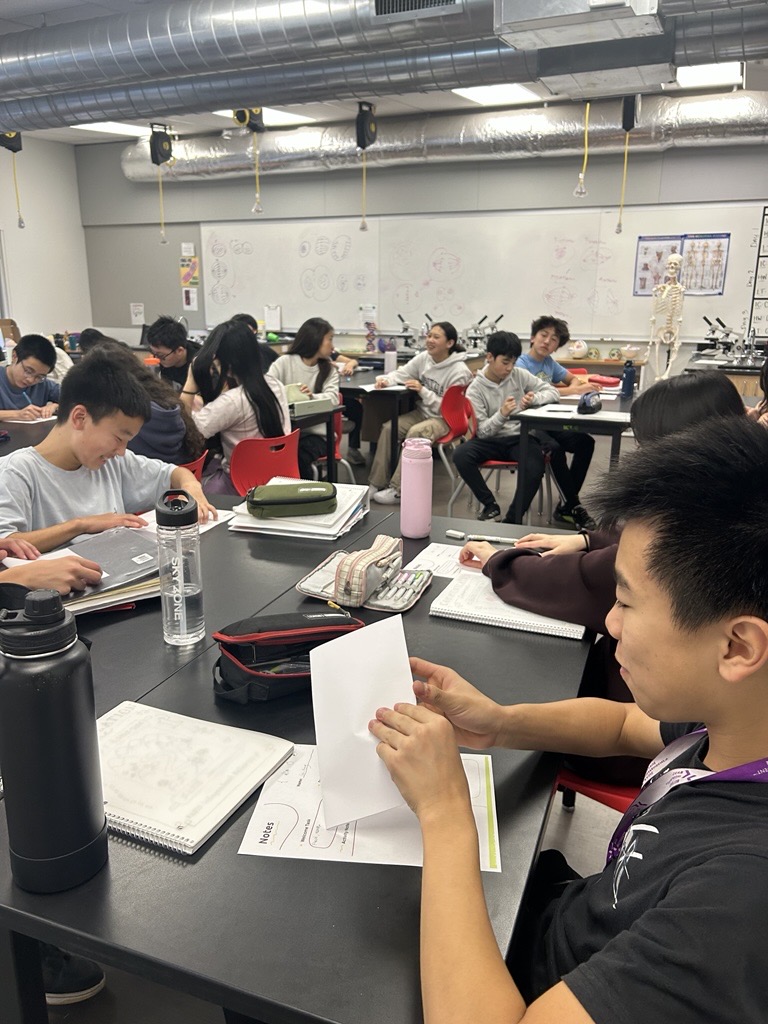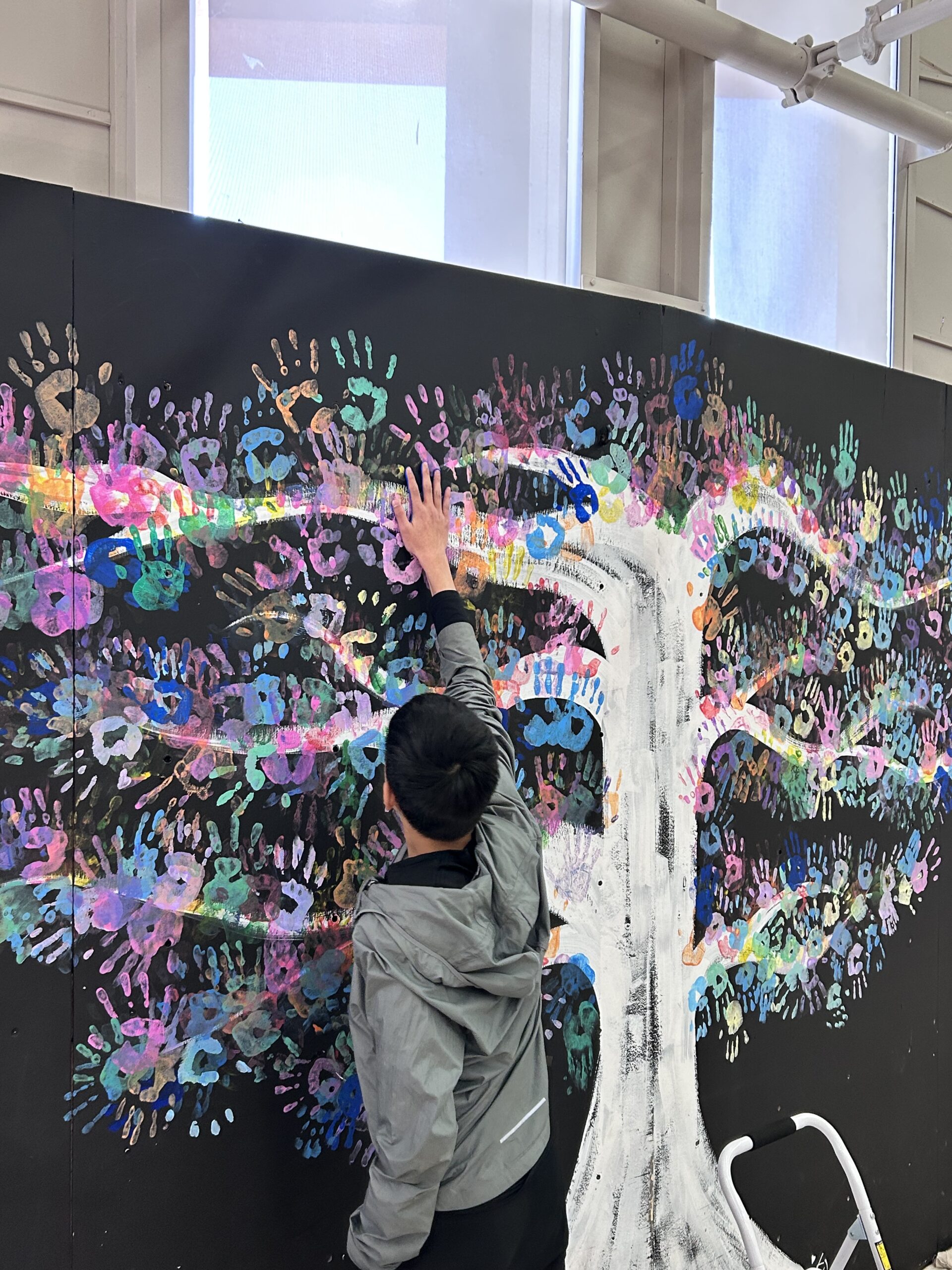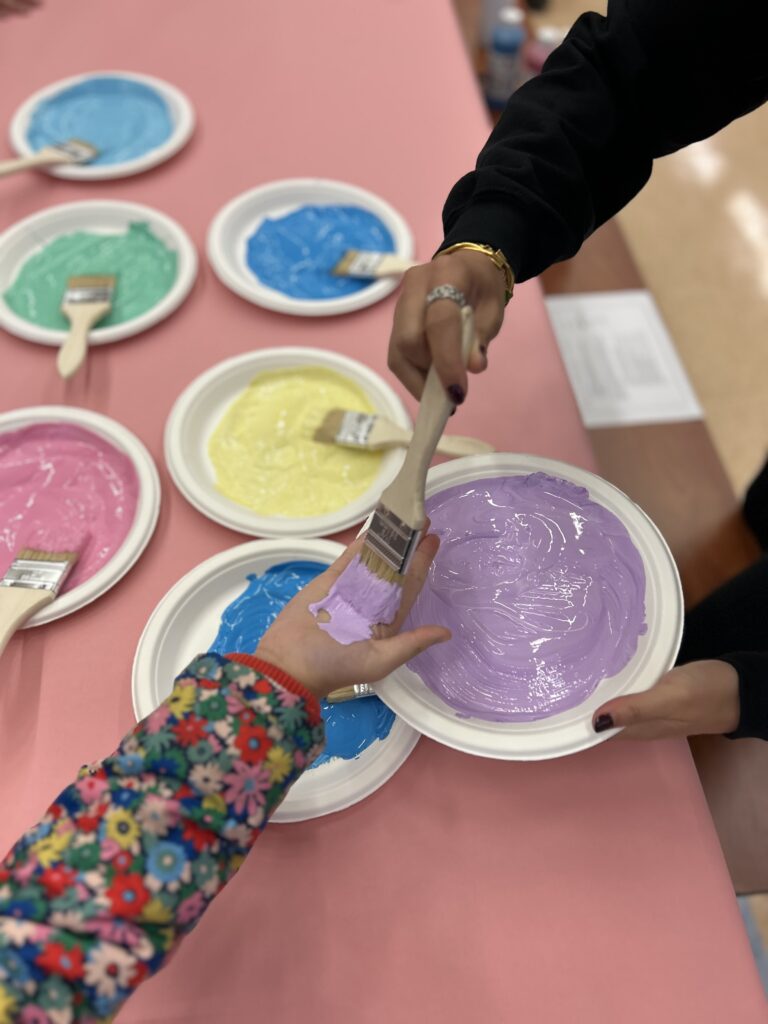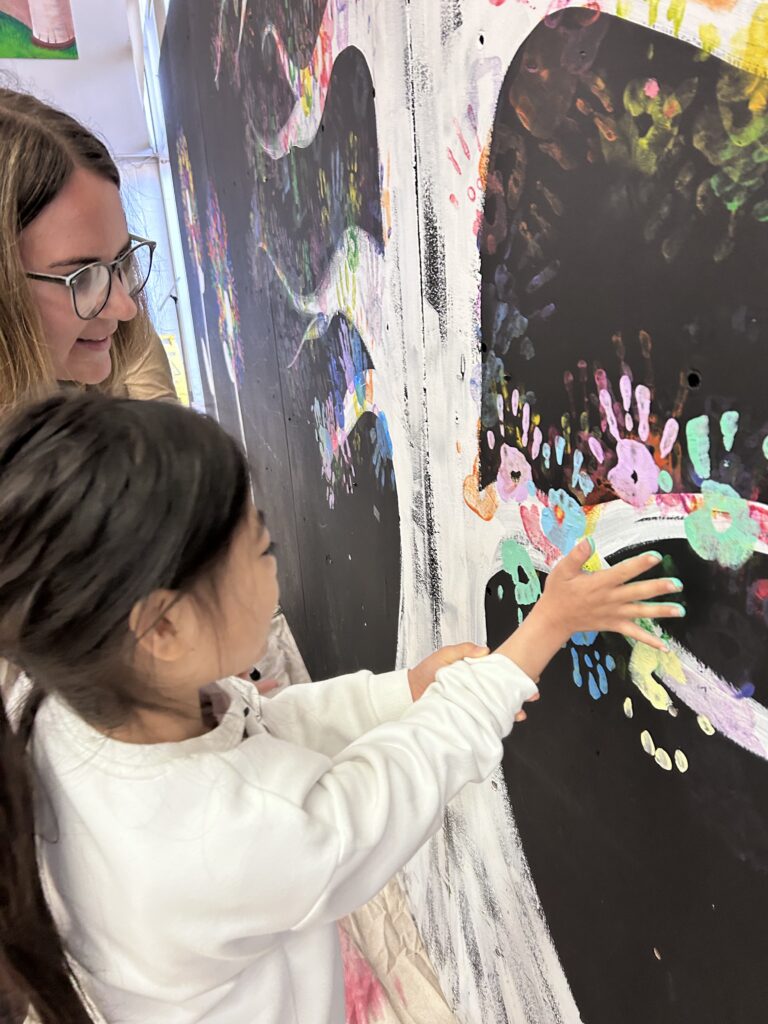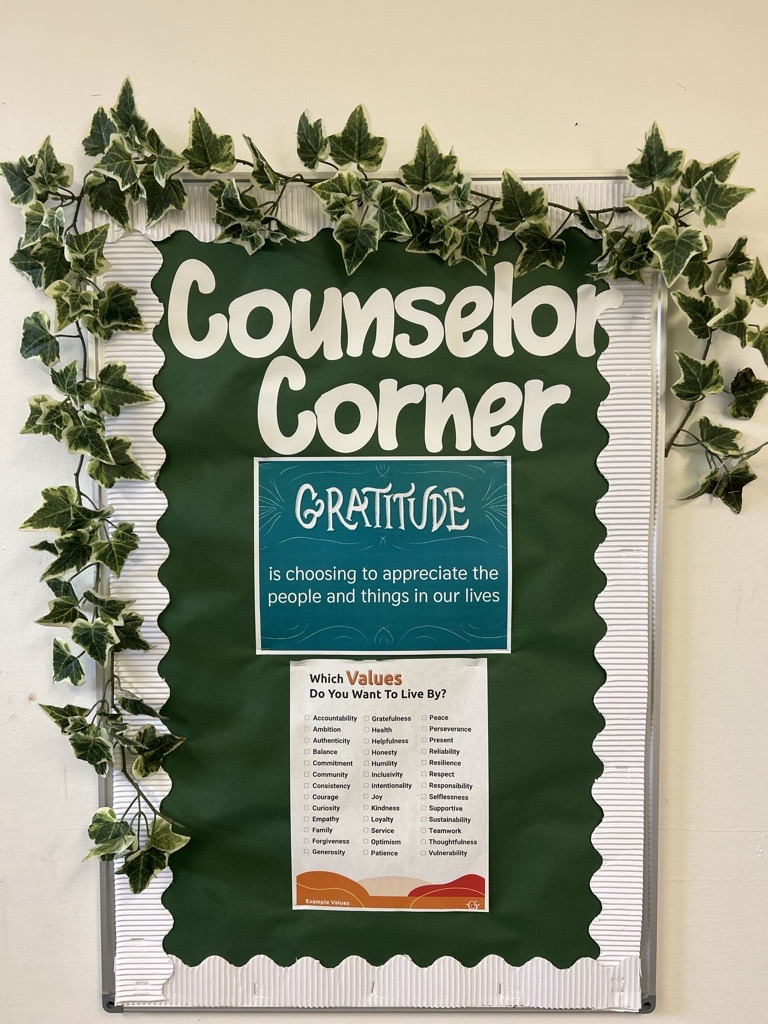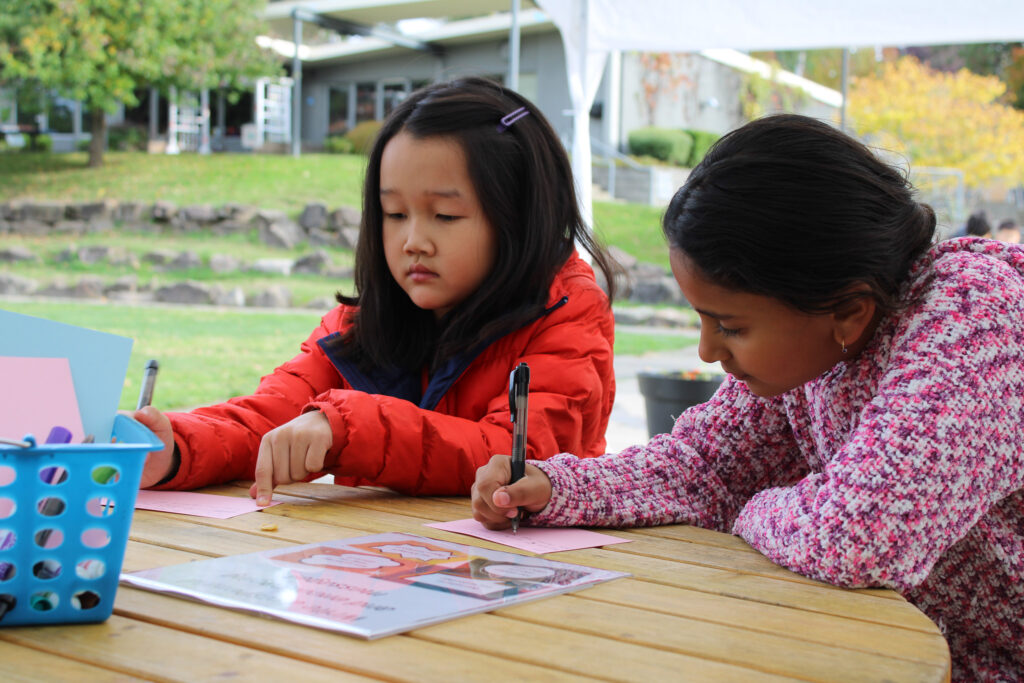As sunshine stretches a little longer into each day, excitement starts to bubble up across our Mountaineer community—summer is almost here! Once the school year comes to a close in June, students may say goodbye to regular classes until August, but the fun and learning doesn’t have to stop on campus. All summer long, BASIS Independent Bellevue will be buzzing with energy as we host a variety of engaging summer programs.
Designed by our Auxiliary Department, Summer 2026 is packed with opportunities for students to explore passions, try something new, and make memories with friends along the way. Summer is the perfect season for creativity, curiosity, and discovery, and our programs are built to embrace all three. Whether students are creating, coding, collaborating, or staying active, our summer offerings reflect the vibrant interests of our community and promise something exciting for every camper.
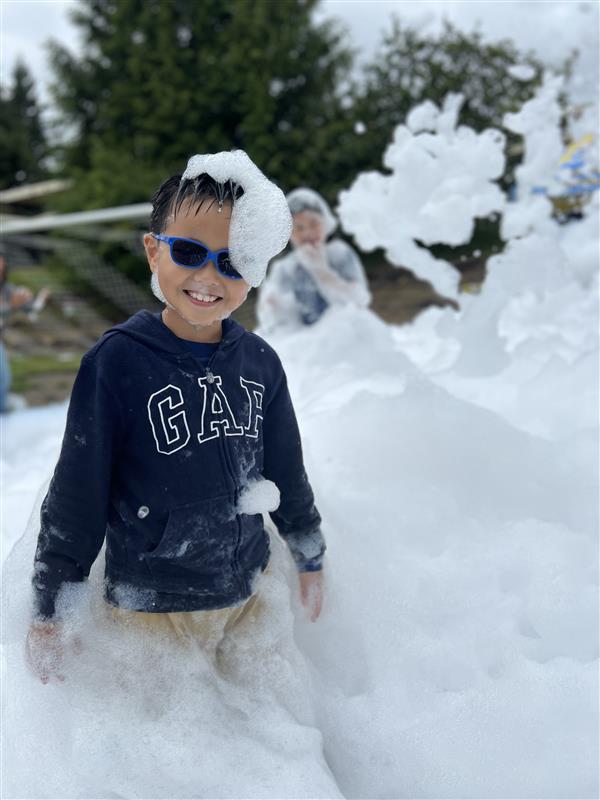
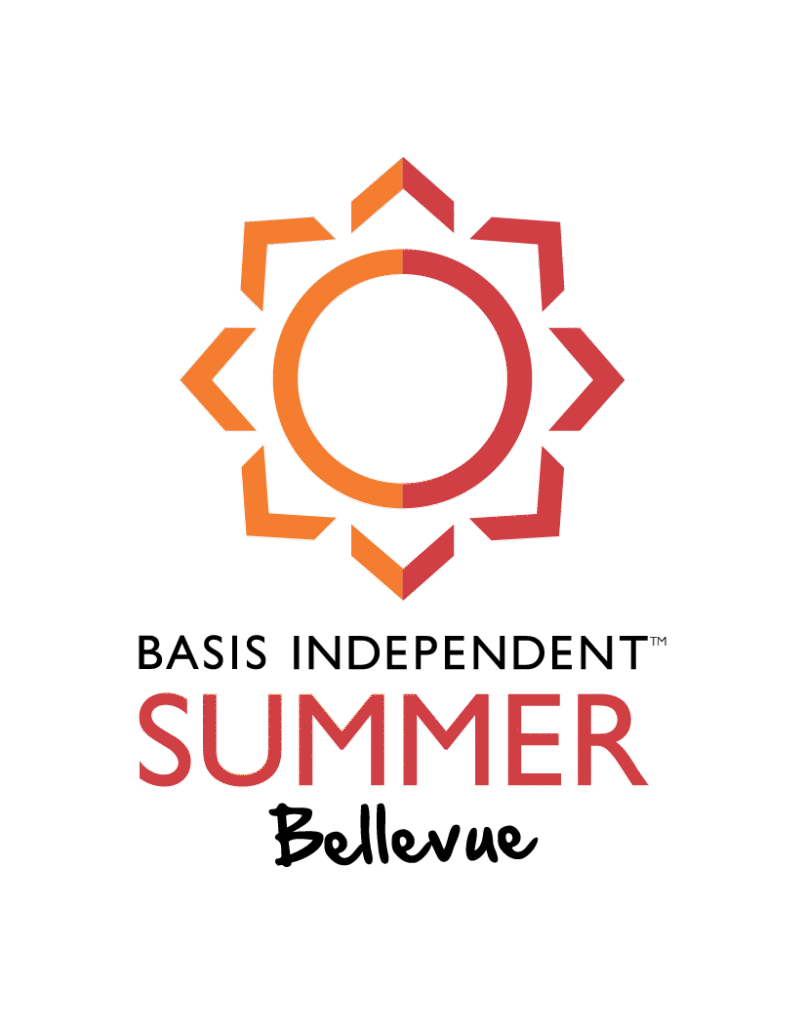
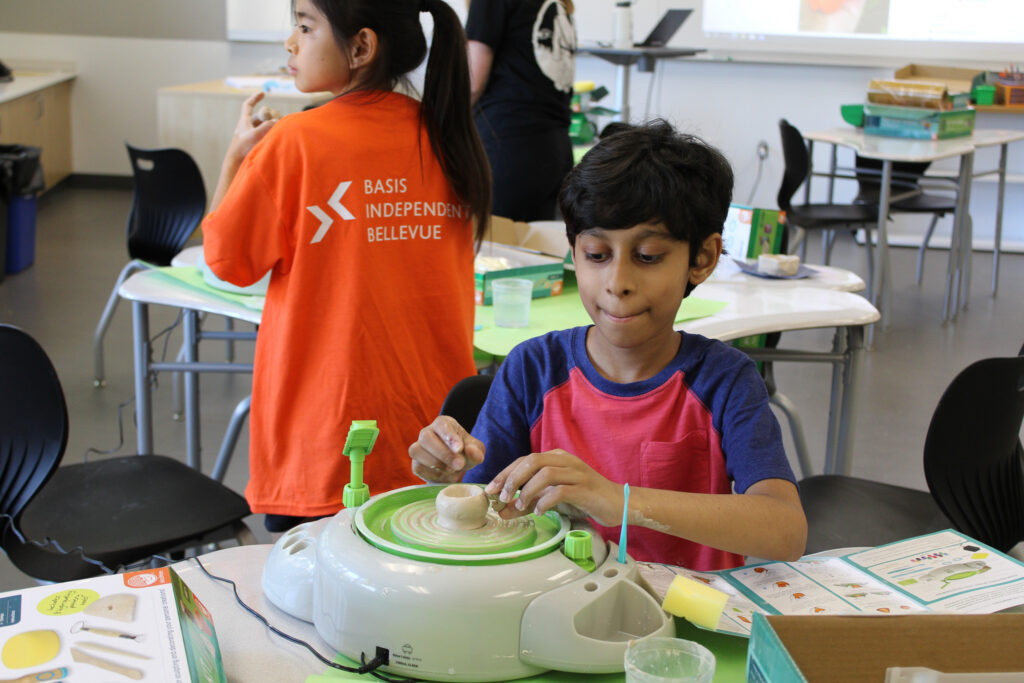
Day Camp
Day camps offer students an exciting blend of learning and play through flexible, theme-based programming. To reflect the wide range of interests within our community, the Auxiliary Department has designed a rotating schedule of weekly themes that bring each camp experience to life.
Campers will explore different eras in Time Travel Trek, blast off to different planets in Space Explorers, connect with nature in Wild World Adventures, or tap into their superpowers in Superhero Academy. Each day features activities aligned with the weekly theme, balanced with both indoor and outdoor fun. Every session wraps up with a celebratory Fun Friday, often highlighted by special guest experiences tied to the theme. Families are welcome to enroll campers in multiple weeks, giving students the chance to enjoy every adventure our campus has in store.
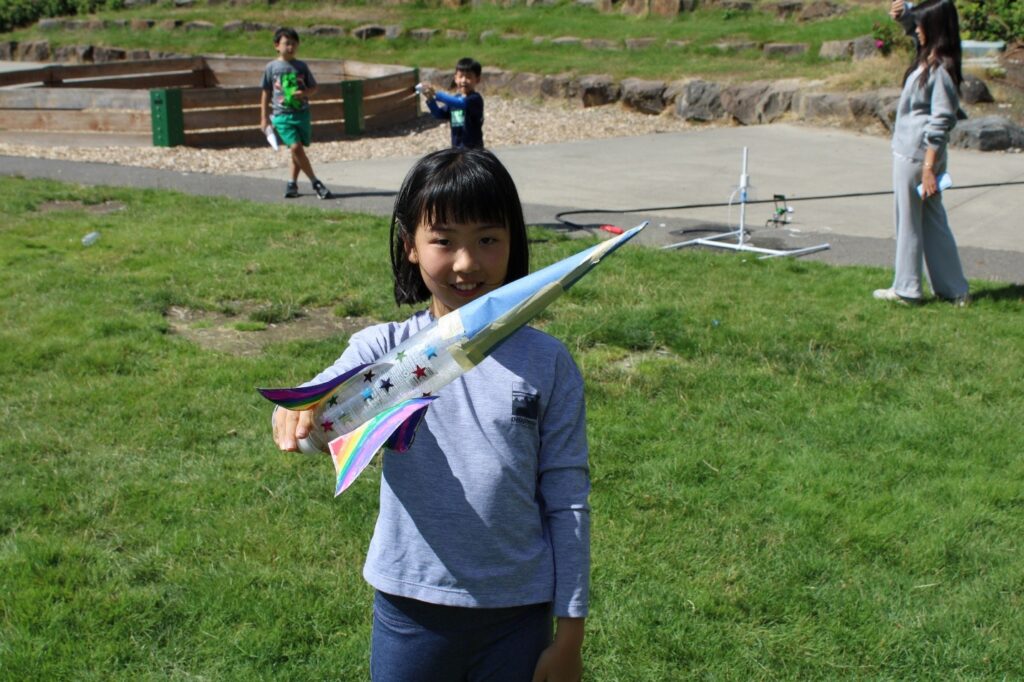
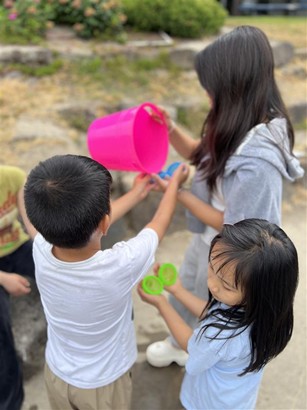
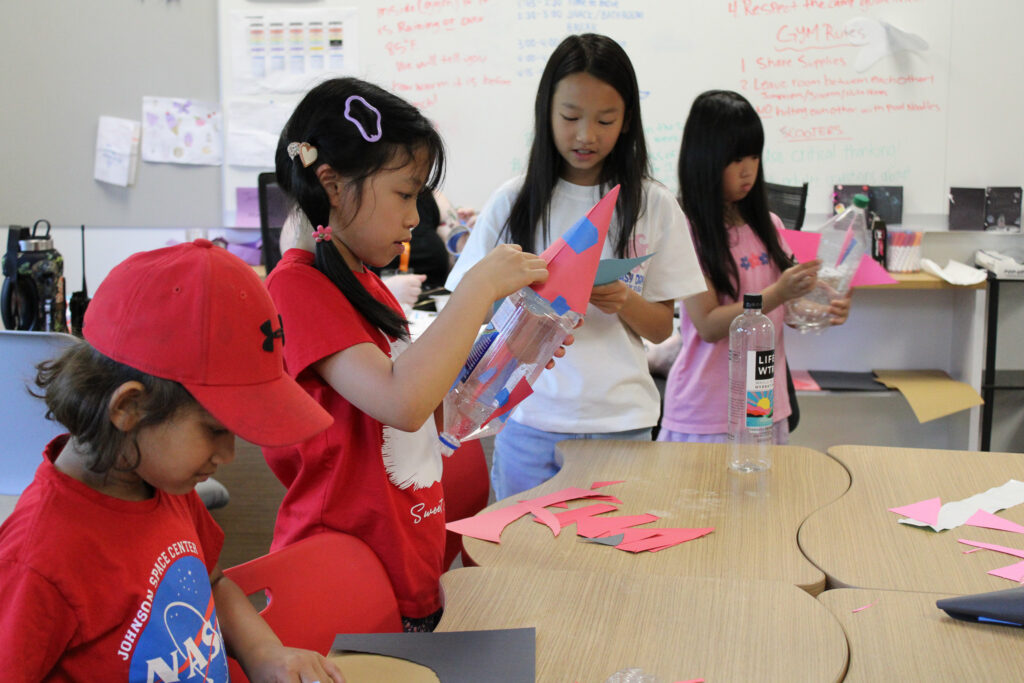
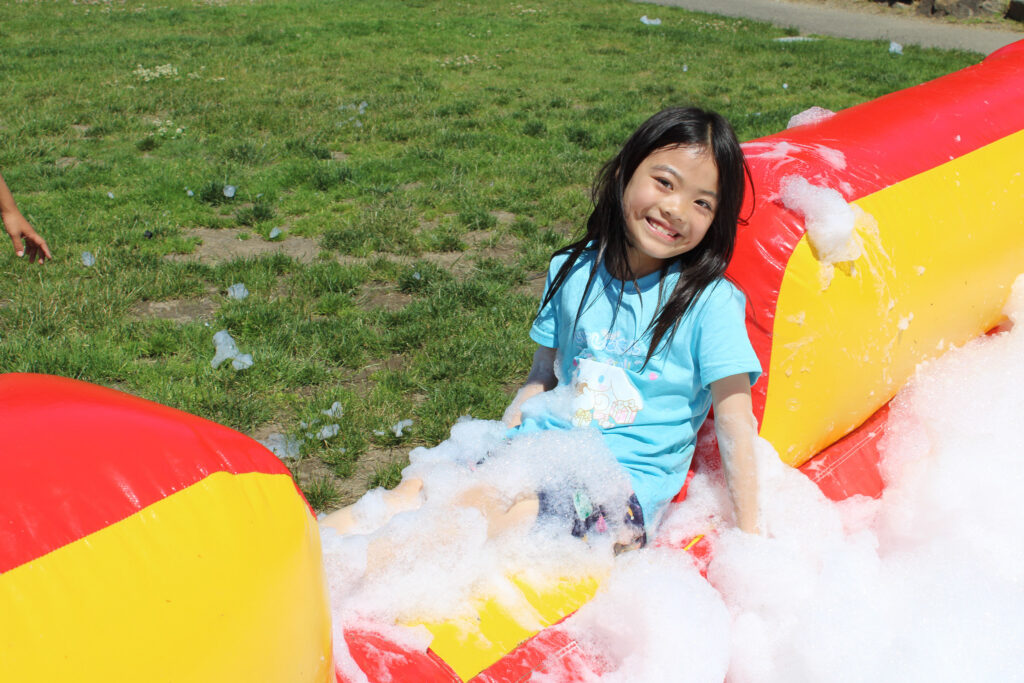
Specialty Camps
Our specialty summer programs offer students a dynamic space to build friendships, explore new interests, and challenge themselves. From creative, hands-on activities to athletic options like Archery and Sports Menagerie, these camps reflect the diverse passions of the Mountaineer Community. Beyond summer fun, families can expect programs that support learning, social growth, and essential life skills, all while encouraging curiosity, confidence, and exploration at BASIS Independent Bellevue.
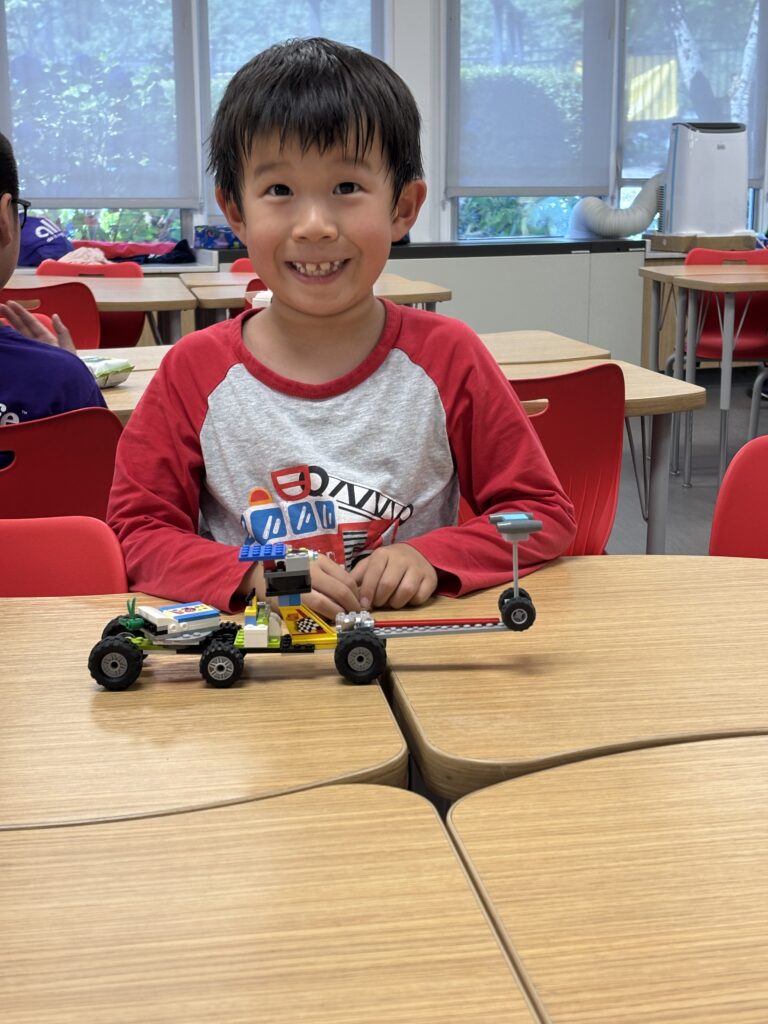
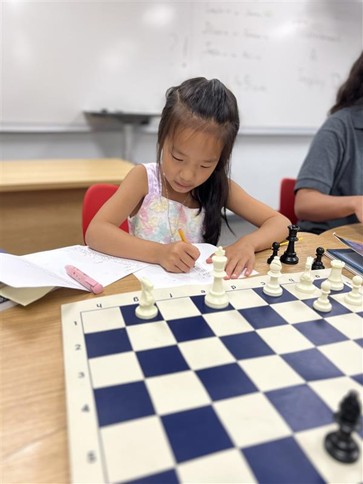

Specialty Camp Focus
While our summer day camp is highlighted by fun explorative learning, we’d be remiss if we did not mention some of the other areas BASIS Independent Bellevue Summer Camps shine! We know while the school year may contain multitudes of differing subjects, BLV Summer strives to offer campers a wide range of intellectually stimulating courses. For example, our Latin Immersion Course and Latin Boot camp offer not only an introduction to the language, but also opportunities to further build upon information already learned.
Children can also explore their creative side with one of our art focused specialty courses. Such as; DJ Camp that introduces campers to professional remixing software, helping them craft their own mixes while learning about audio editing and beat production. Jazz Camp offers instrumentalists the chance to refine their technique, explore improvisation, and collaborate in ensemble settings. Creative Writing Camp gives campers the opportunity to expand their writing skills and creative story telling. Or perhaps your child is interested in theatre then, Play Creation Theater Adventure could be the right camp for them, here campers get to explore the process of scription, designing, and preforming their own play!

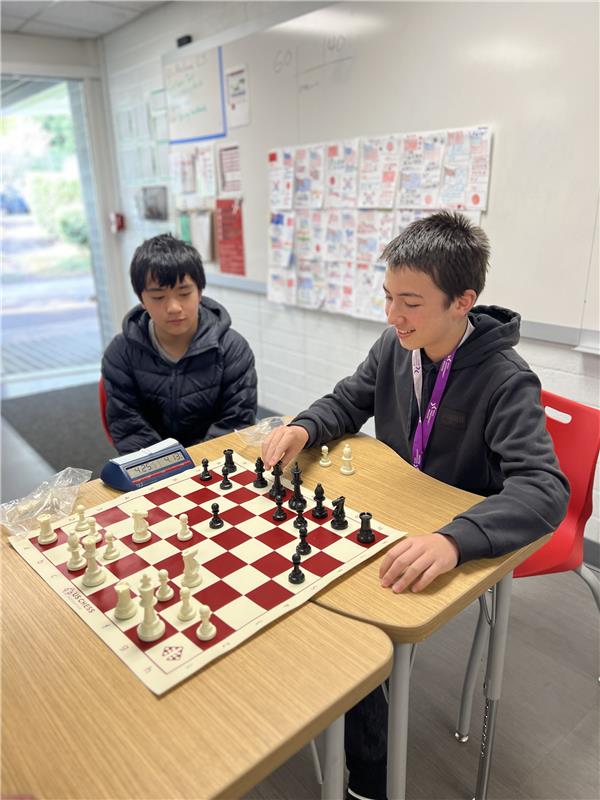
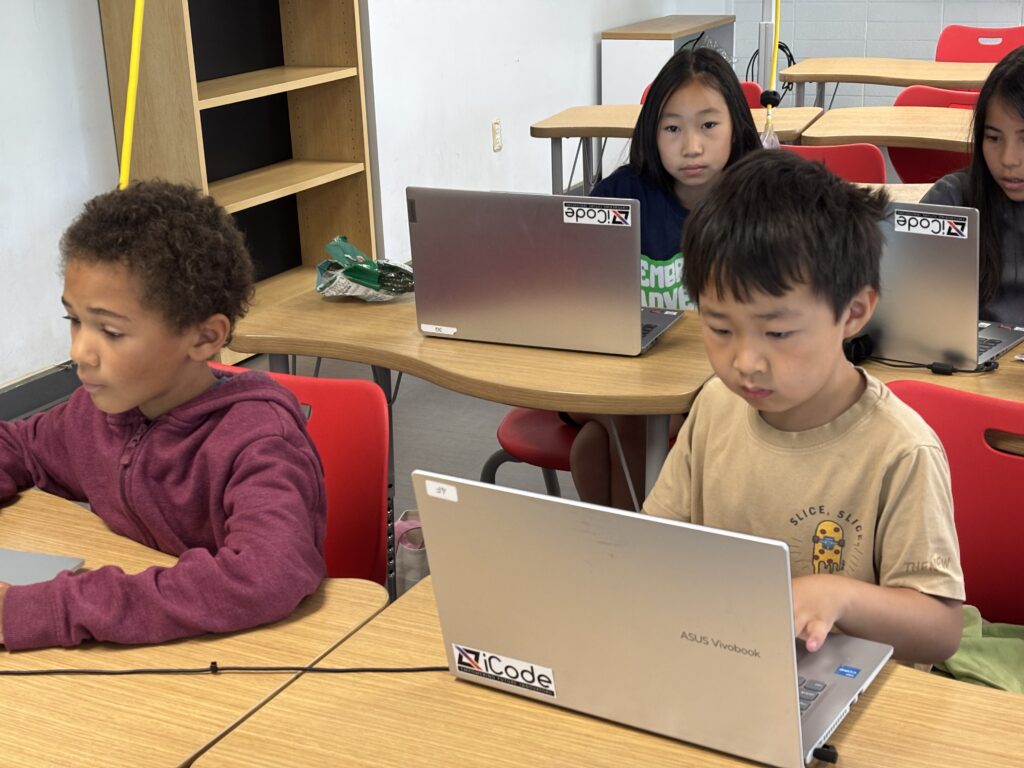
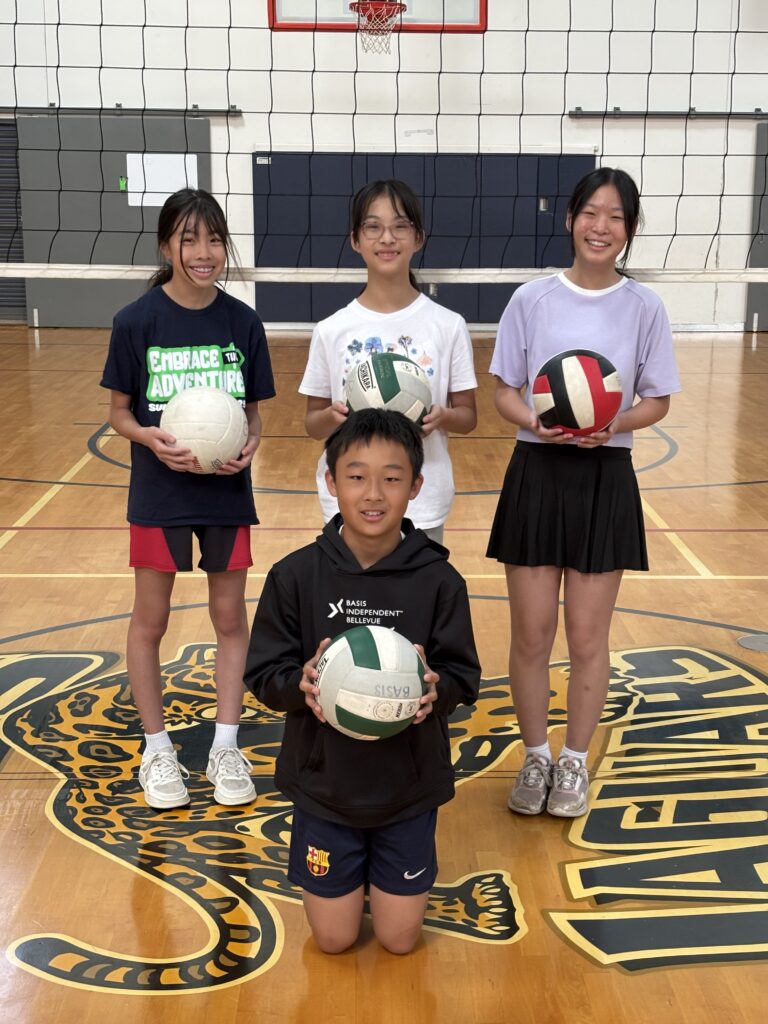
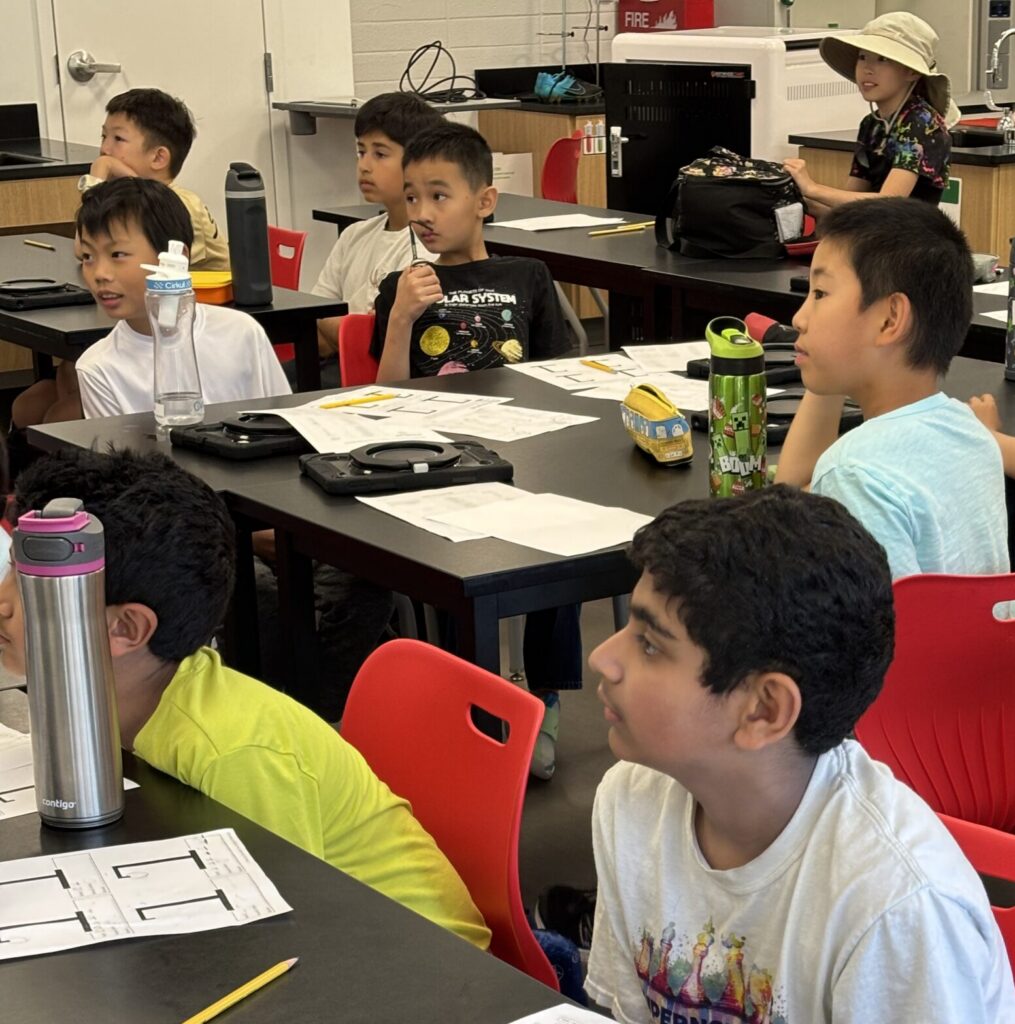
Sign Up Today!
Spanning a wide range of interests, our summer programs keep the campus energized and engaged long after the school year ends. These experiences encourage students to explore new interests while developing valuable skills. To learn more, view our complete Summer 2026 Camp Brochure here and register below! For additional questions you can contact the organizing team at blv.summercamp@basisindependent.com.

